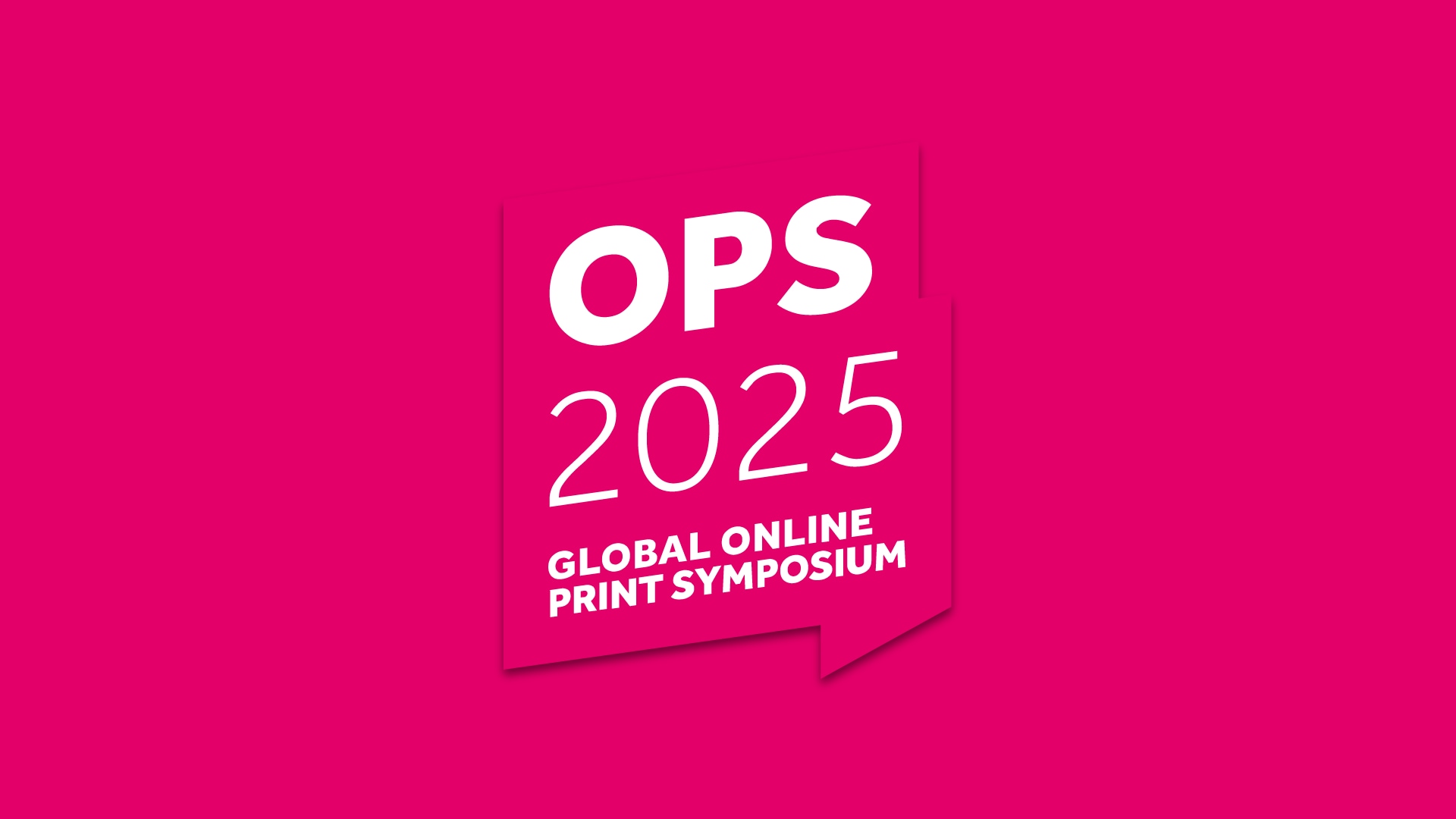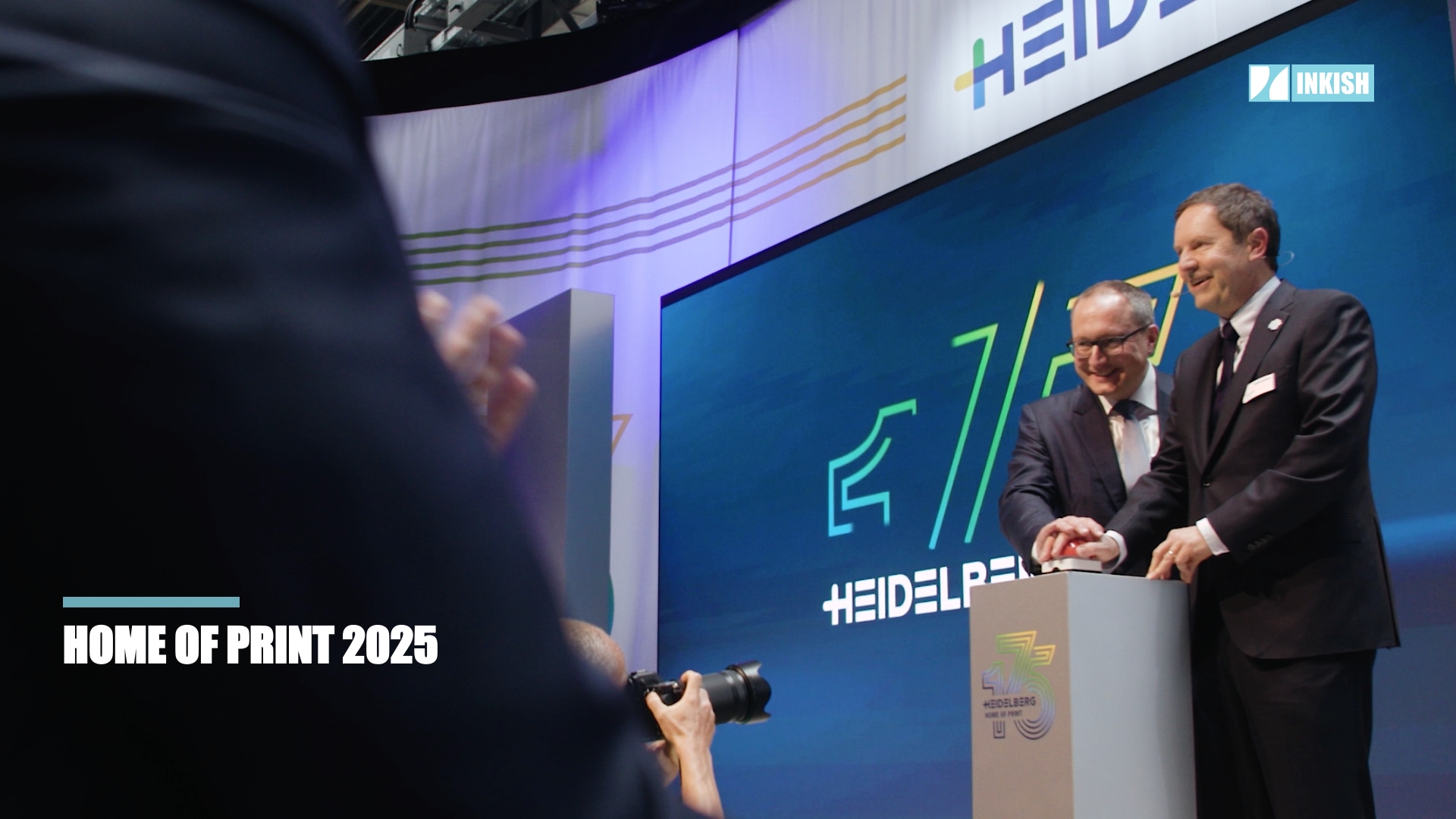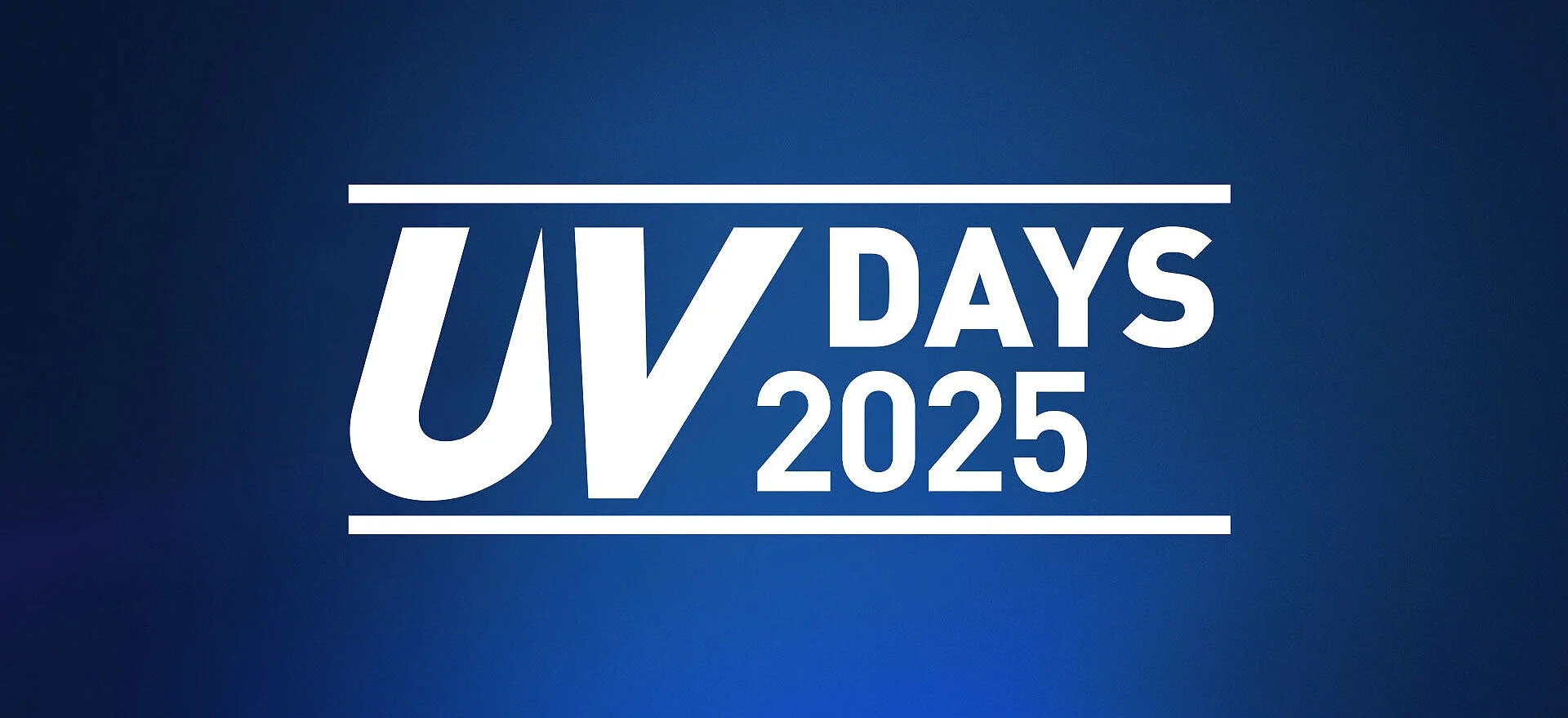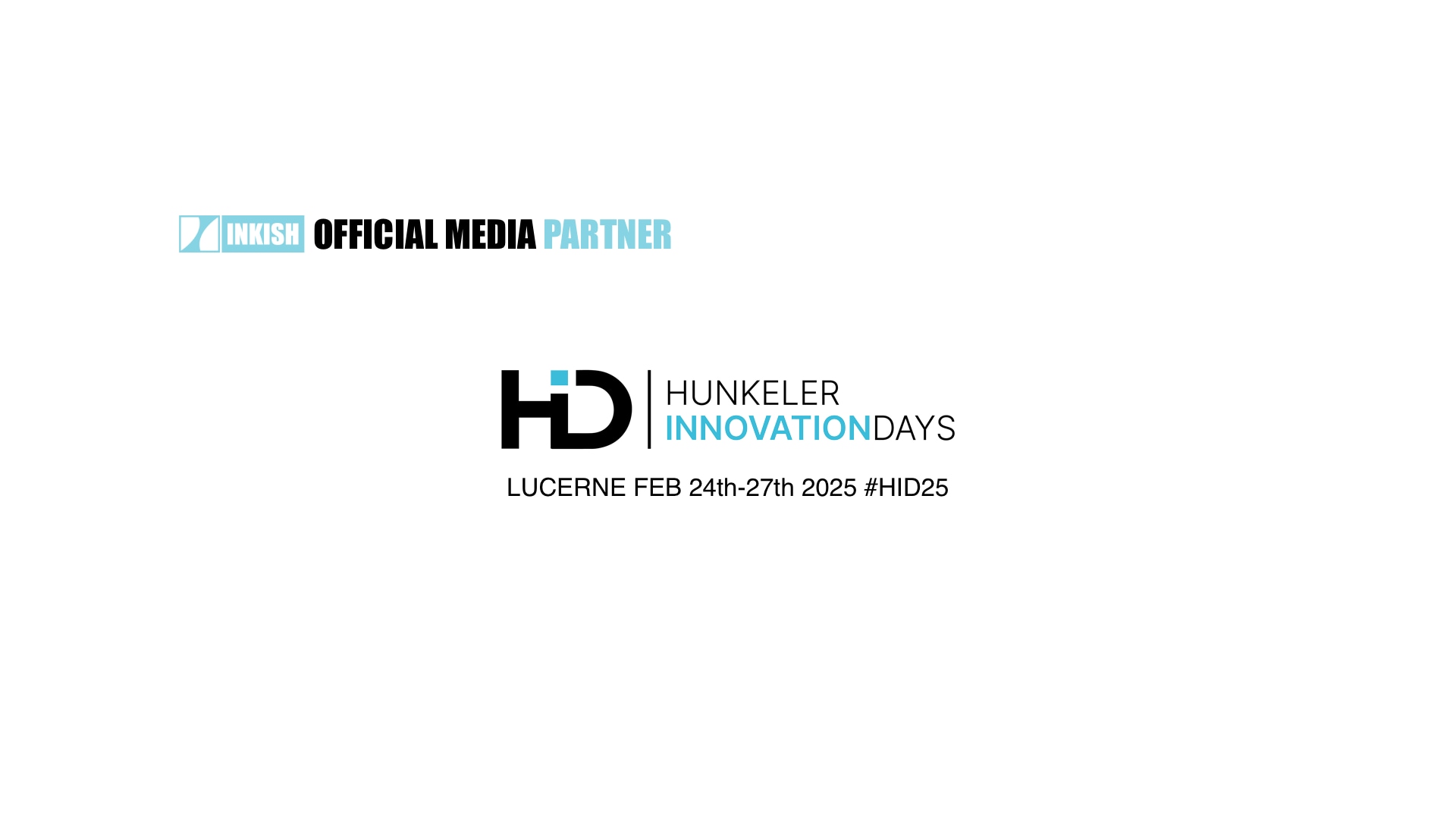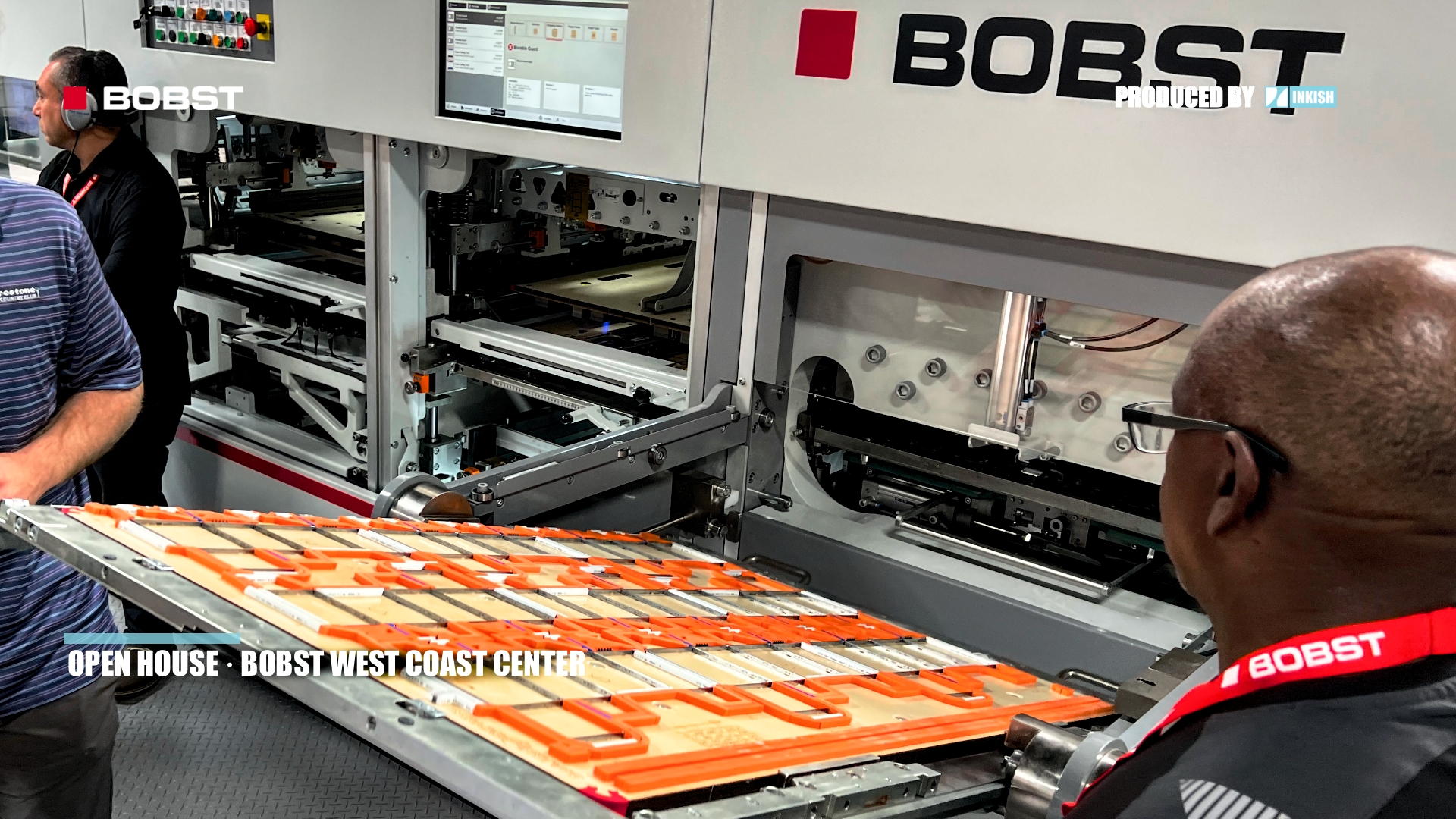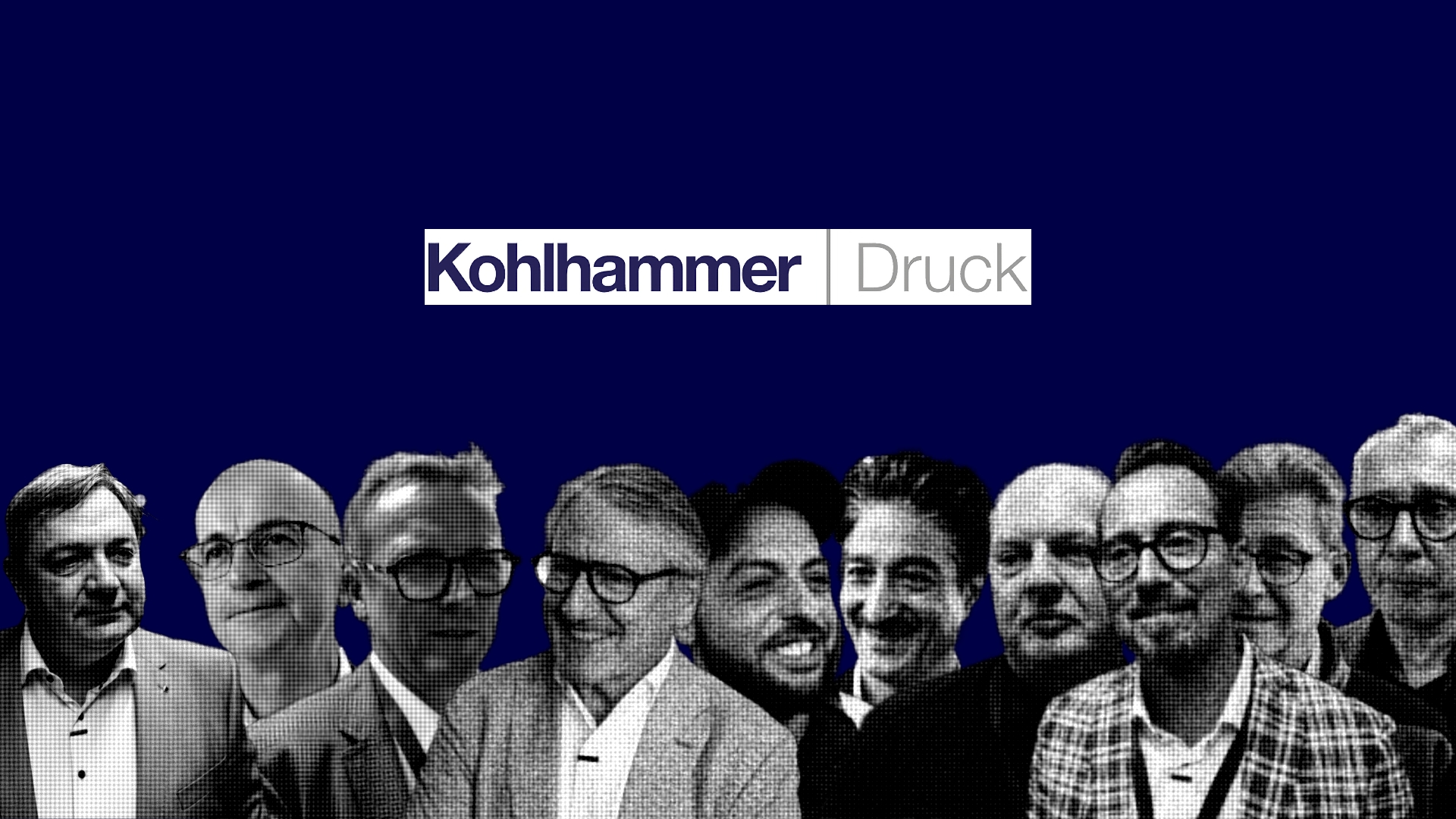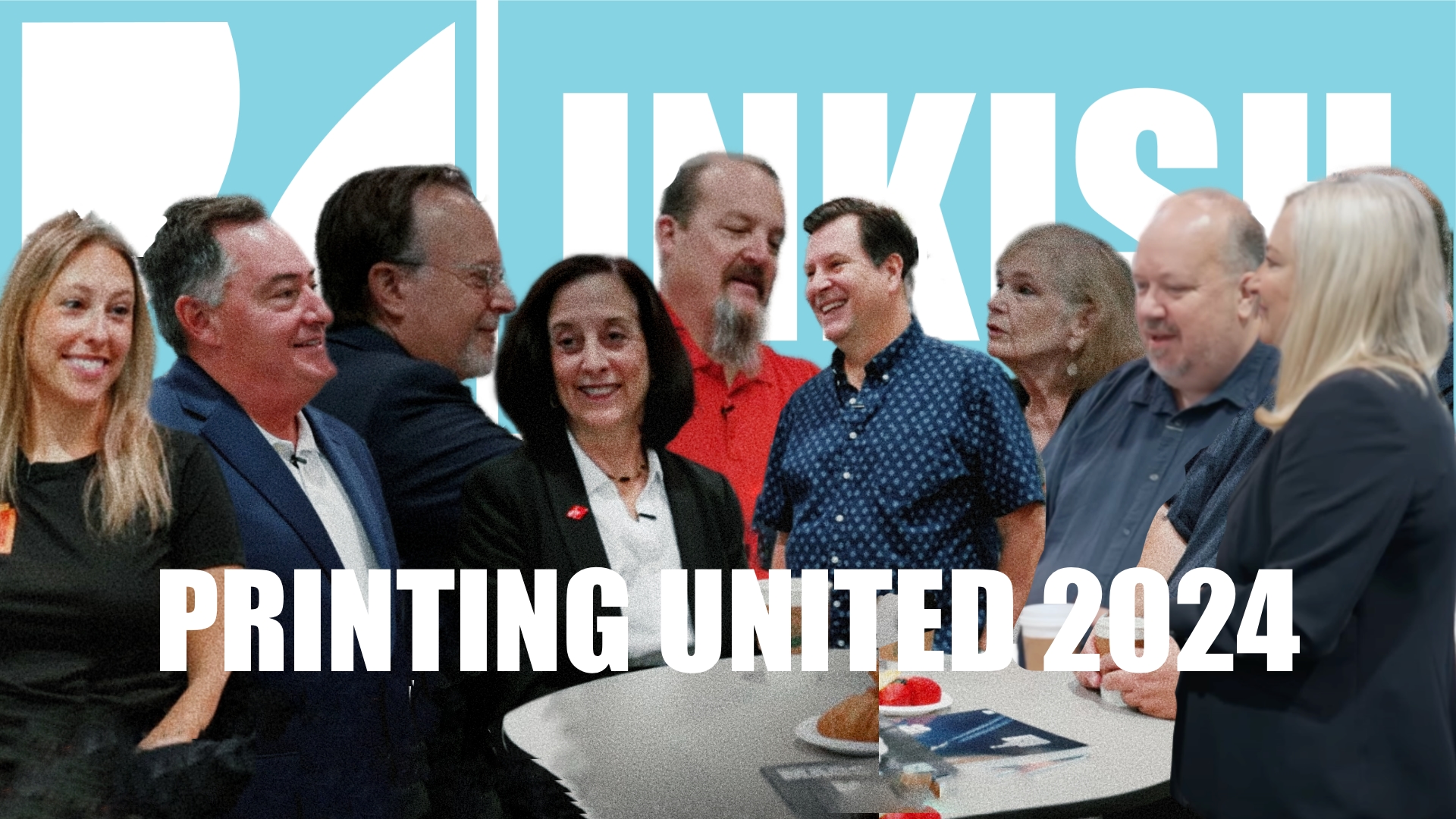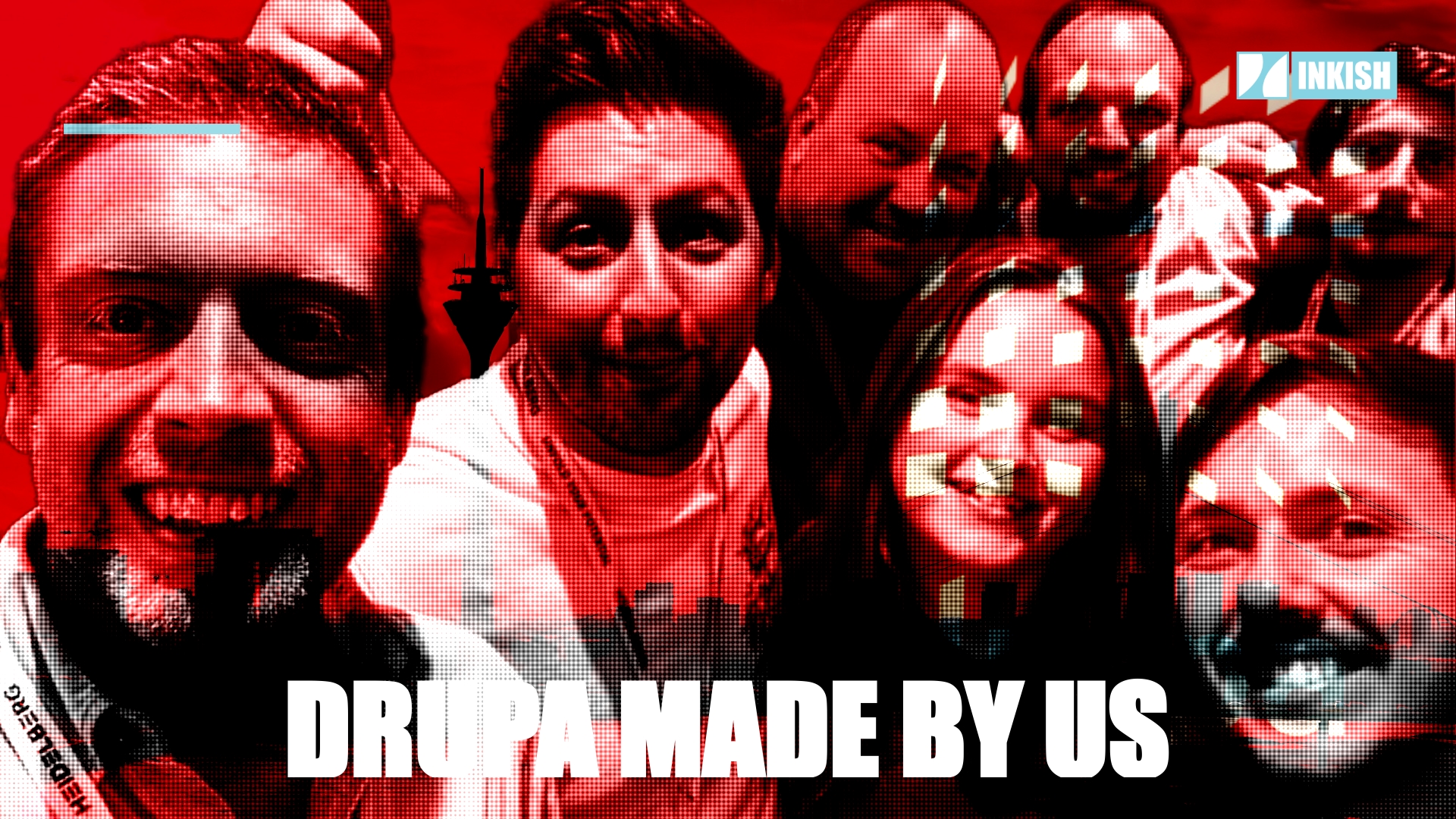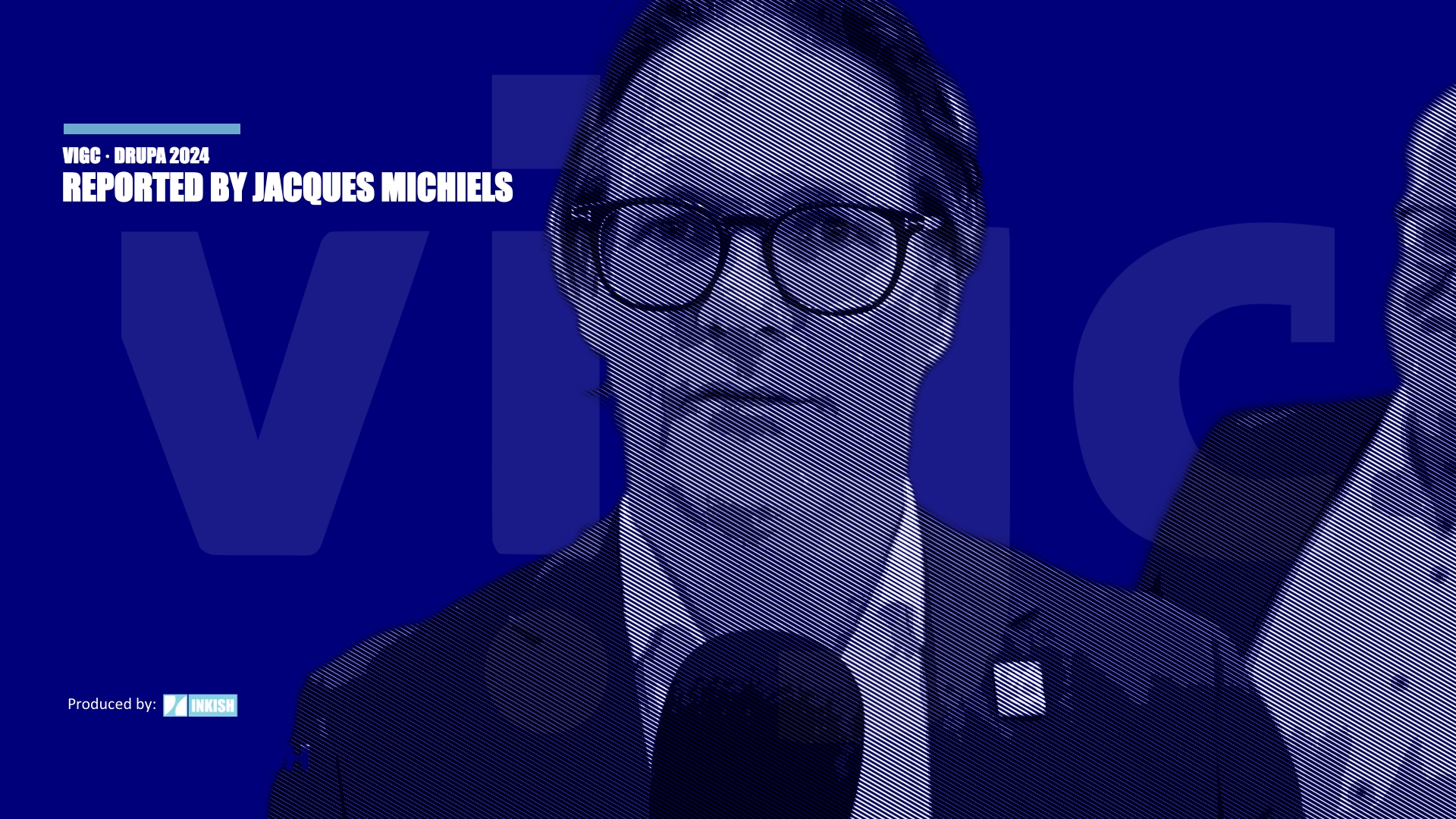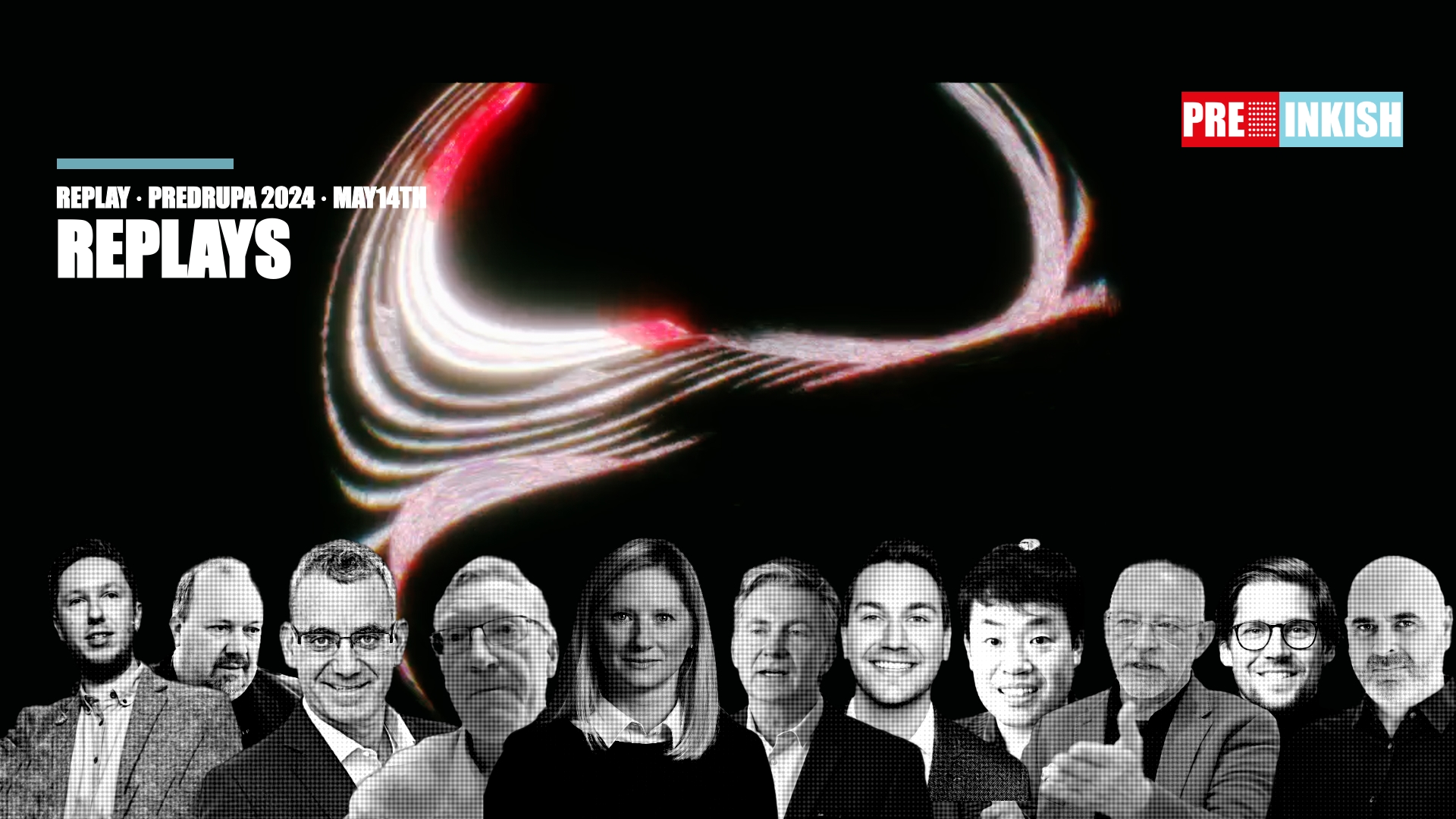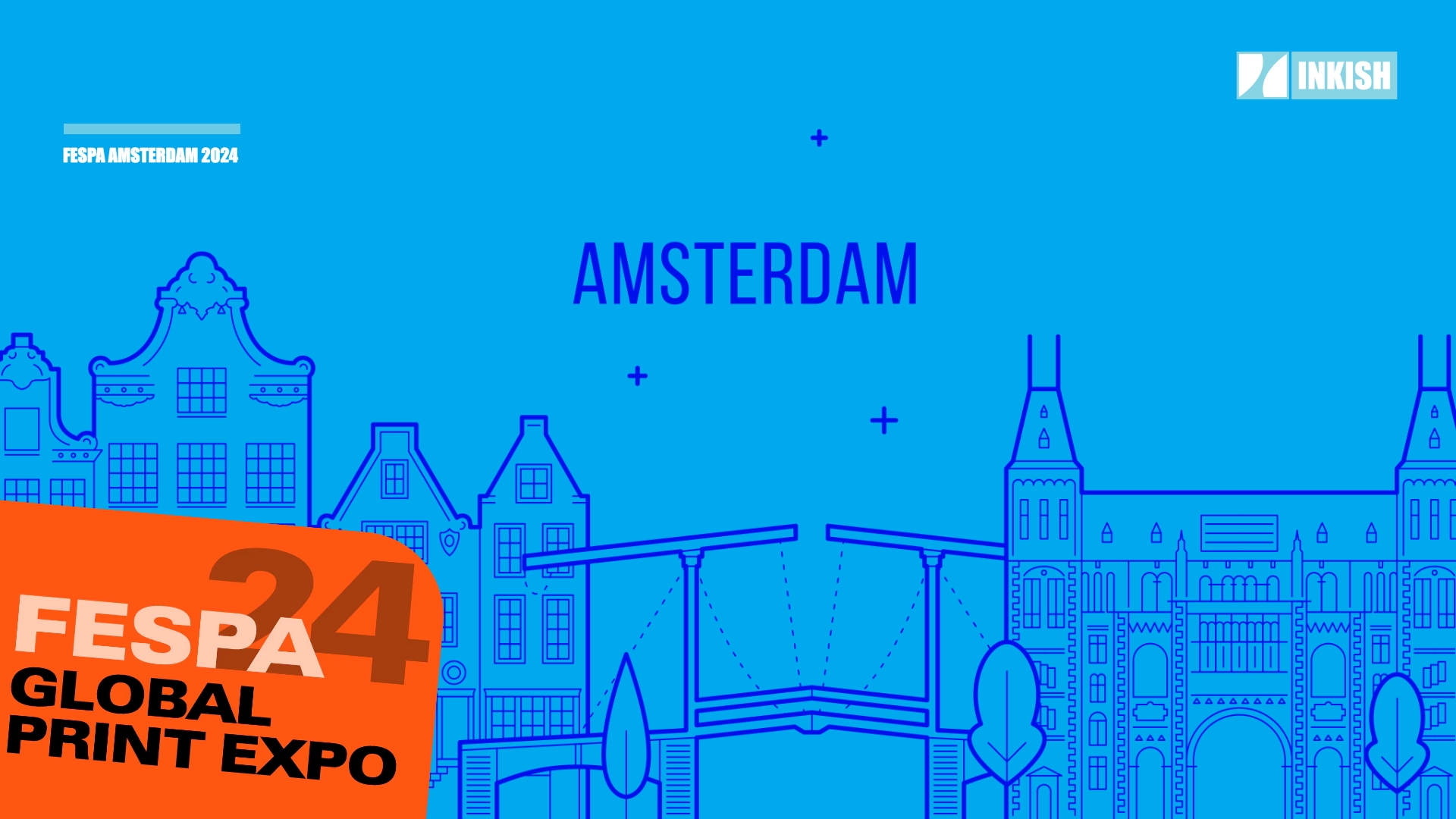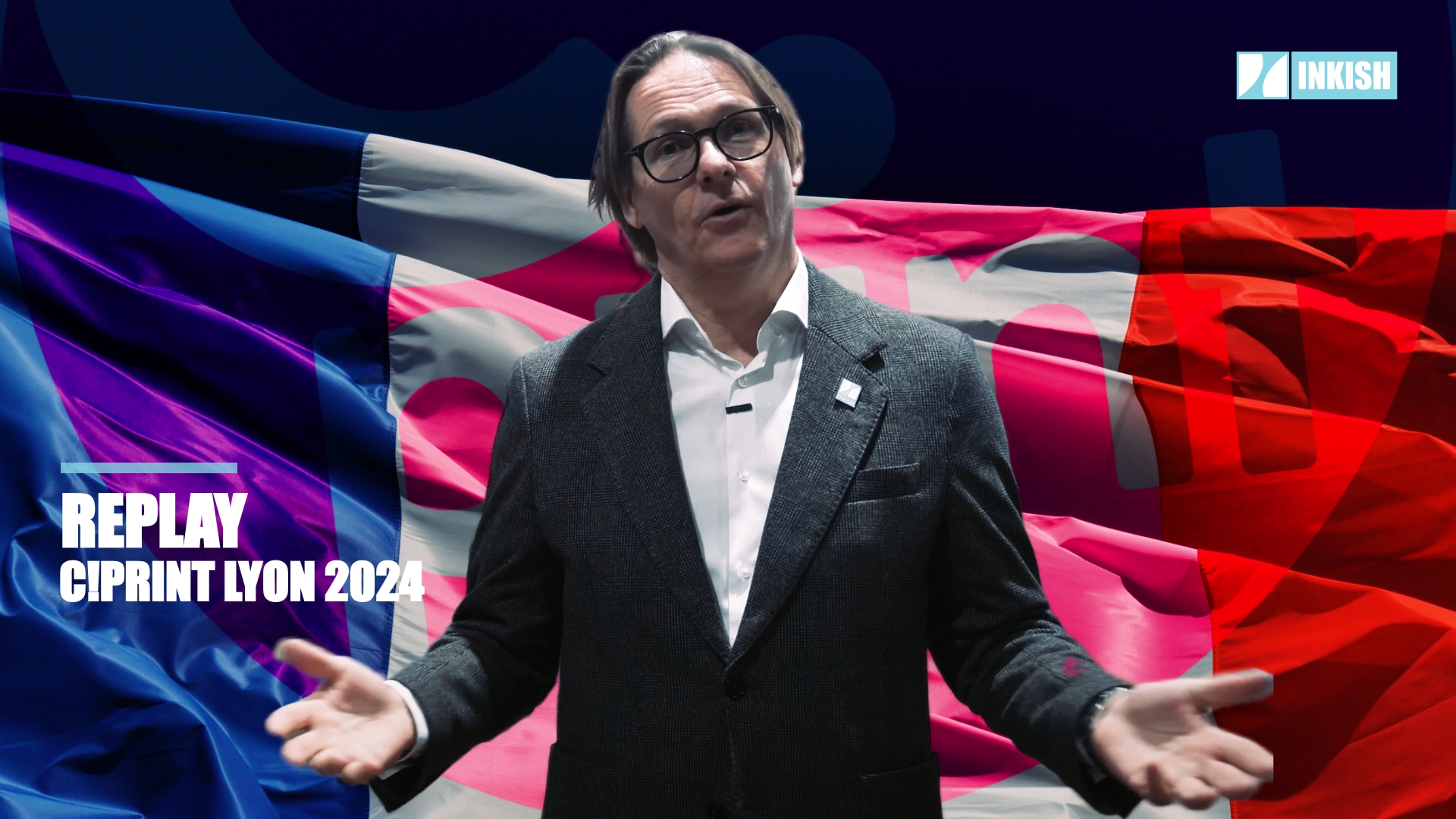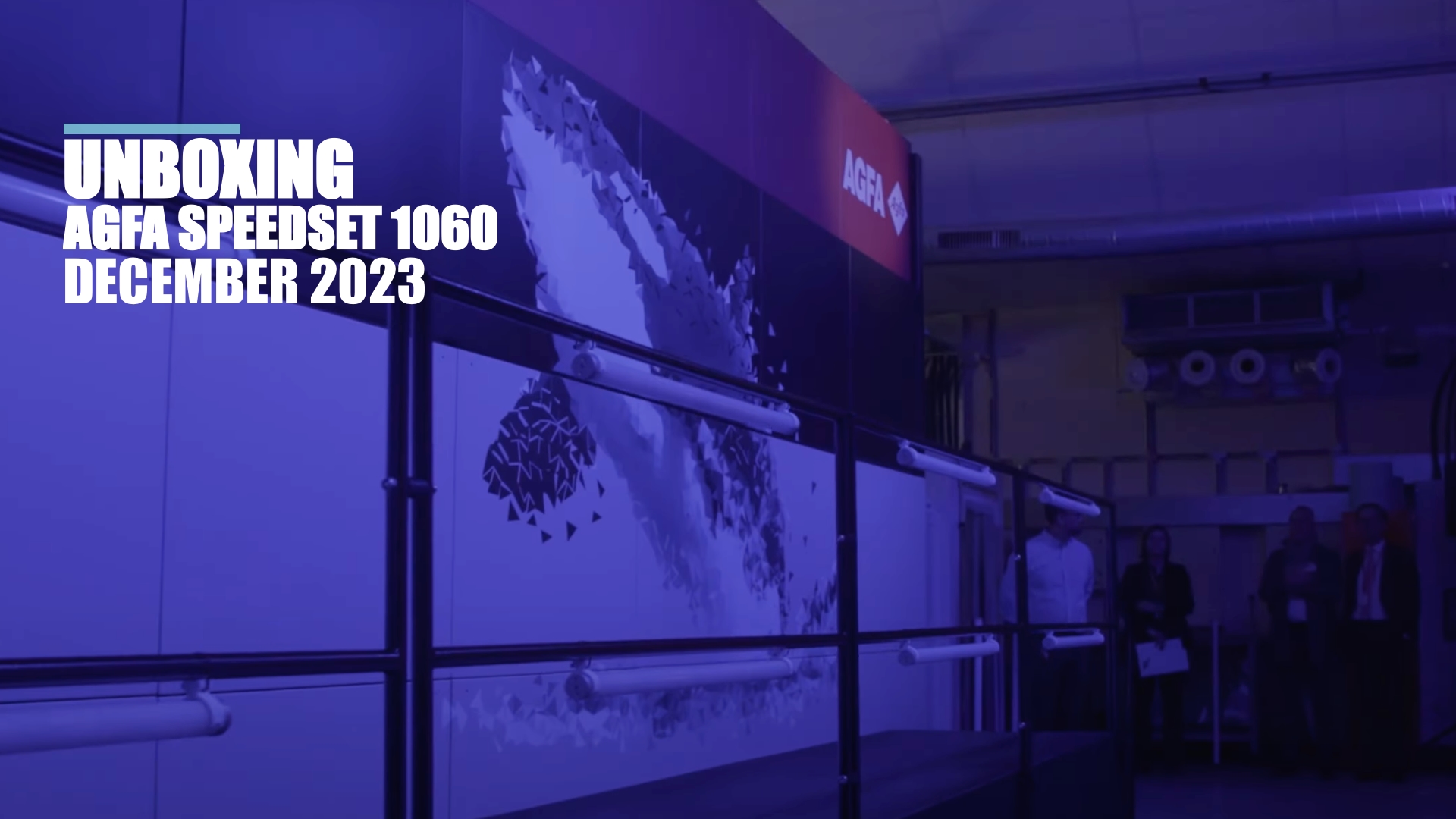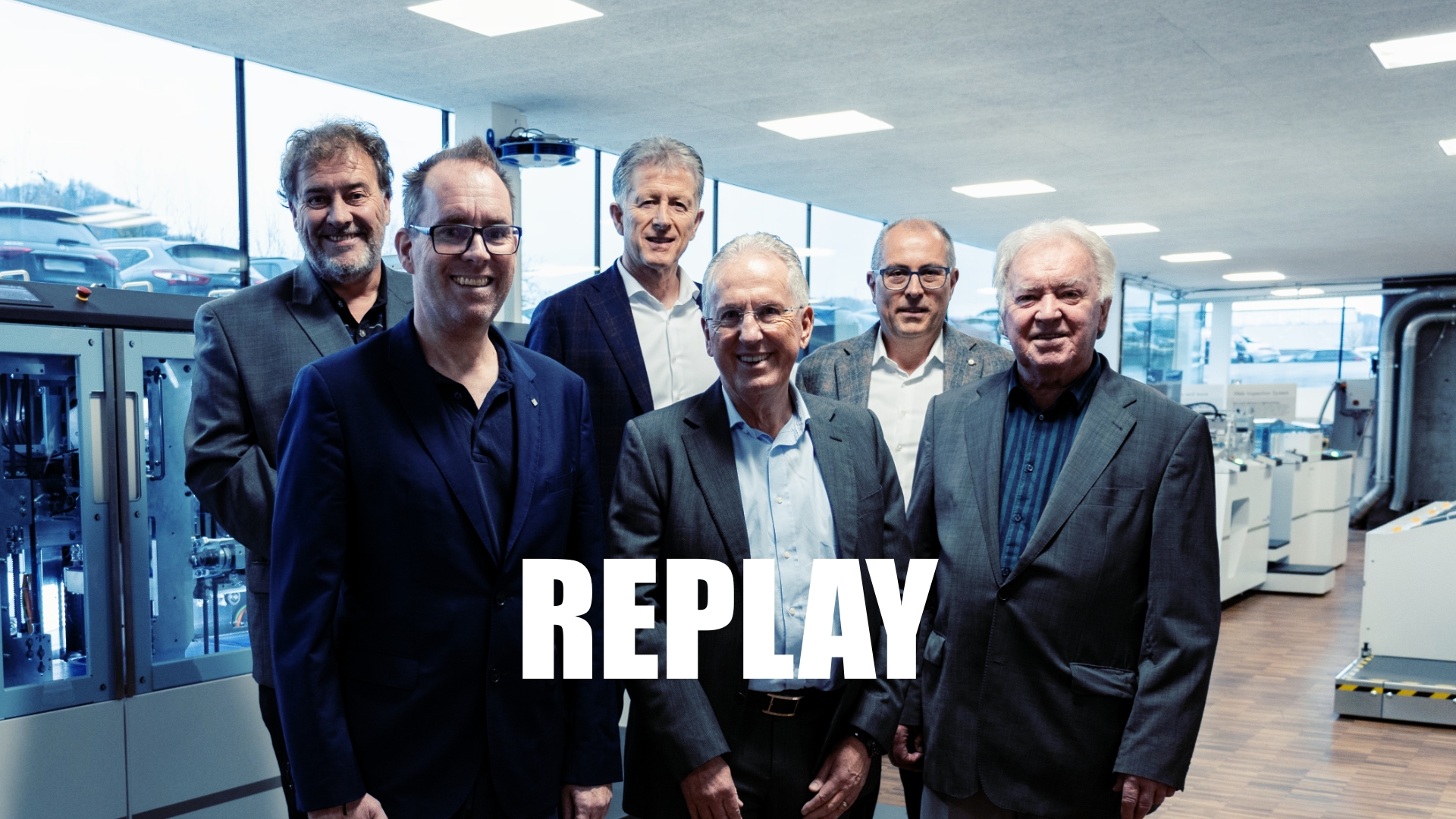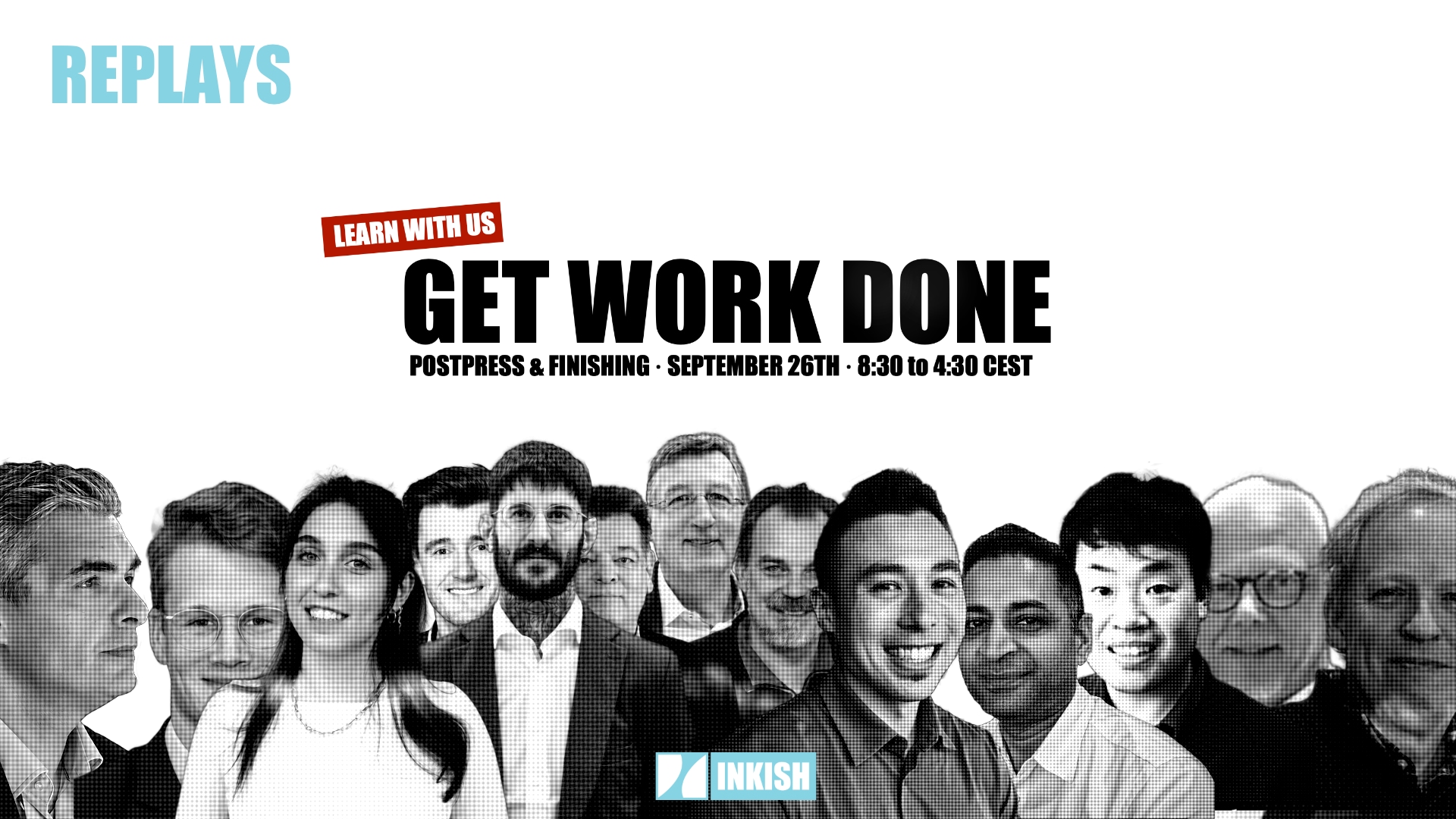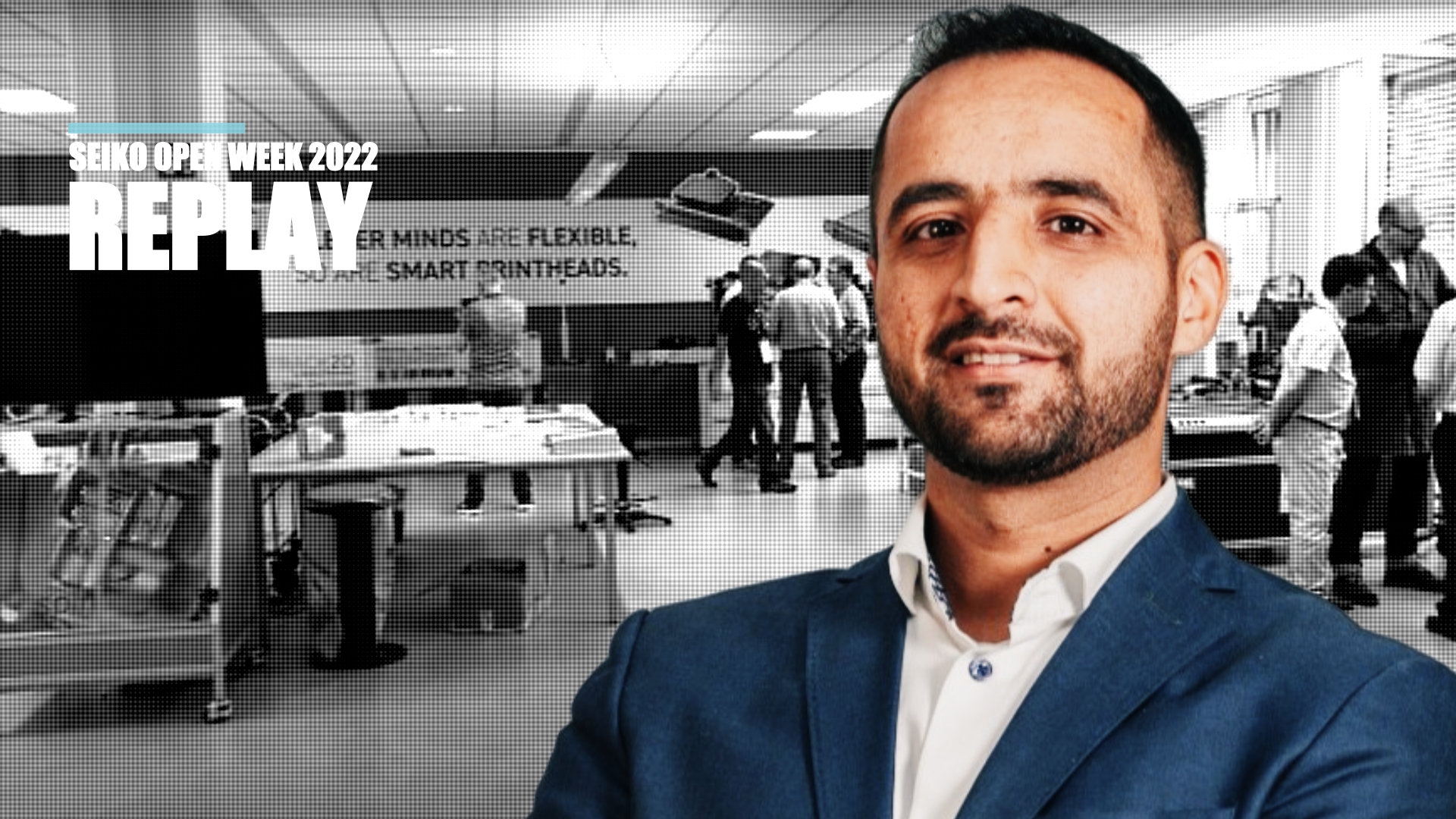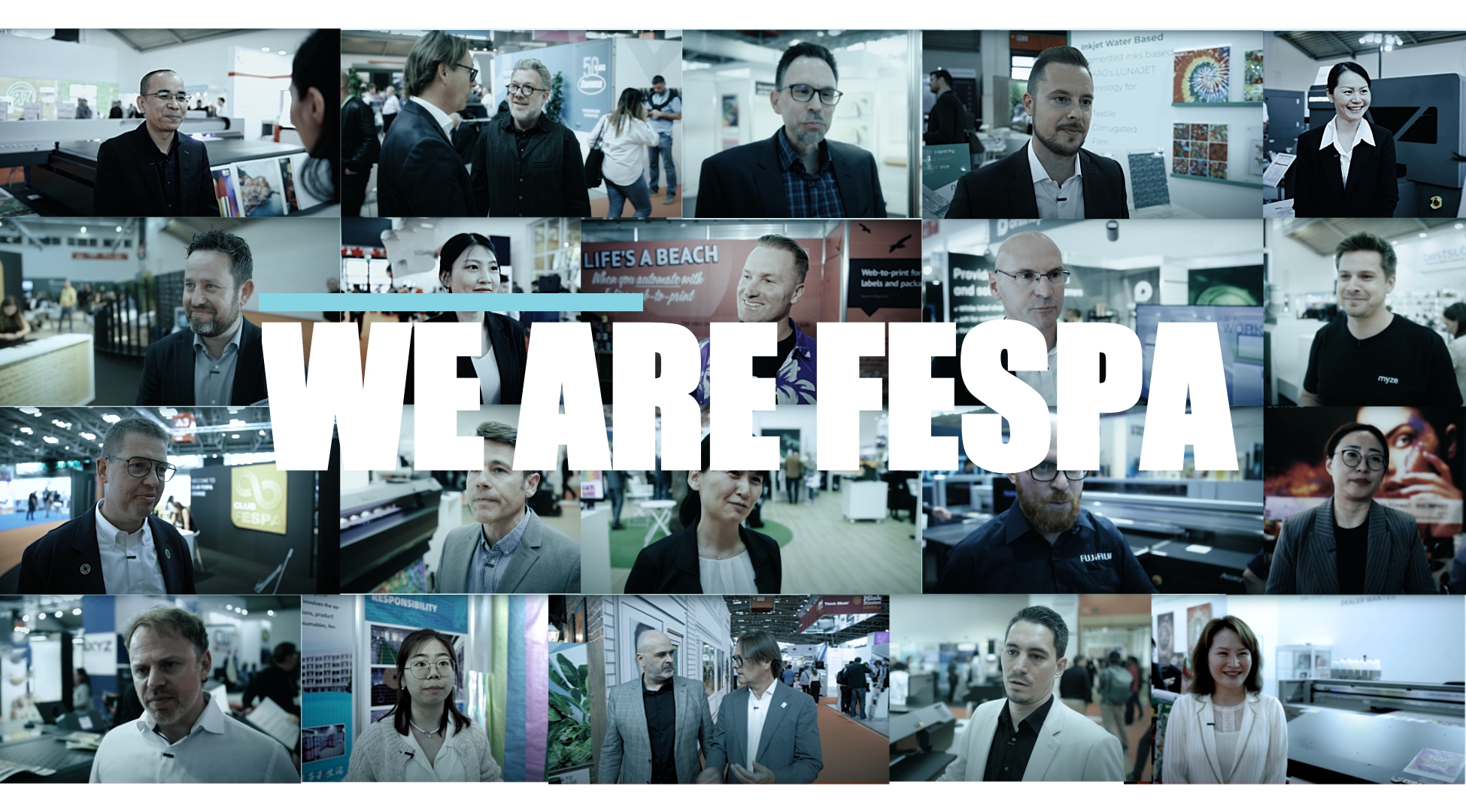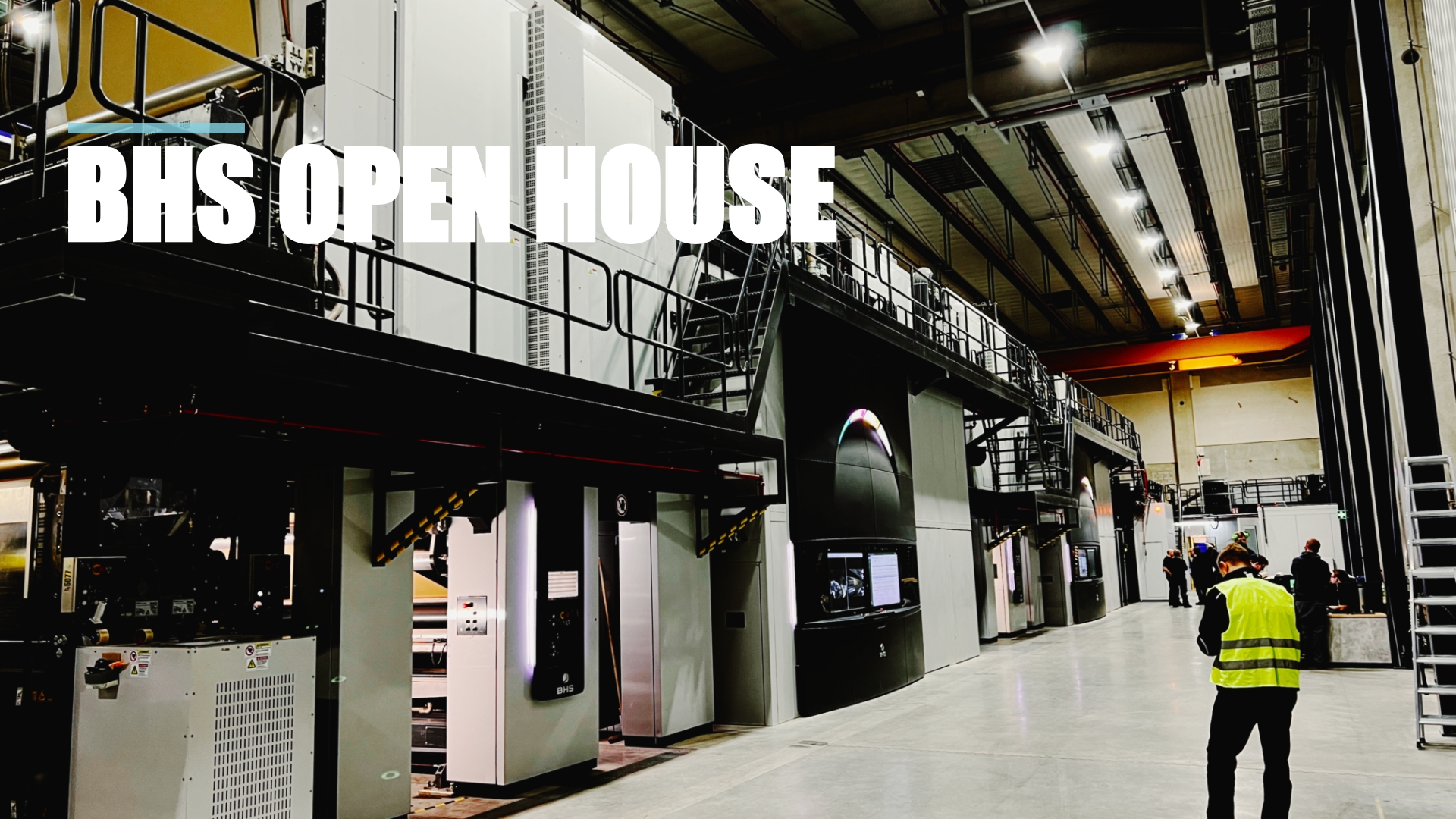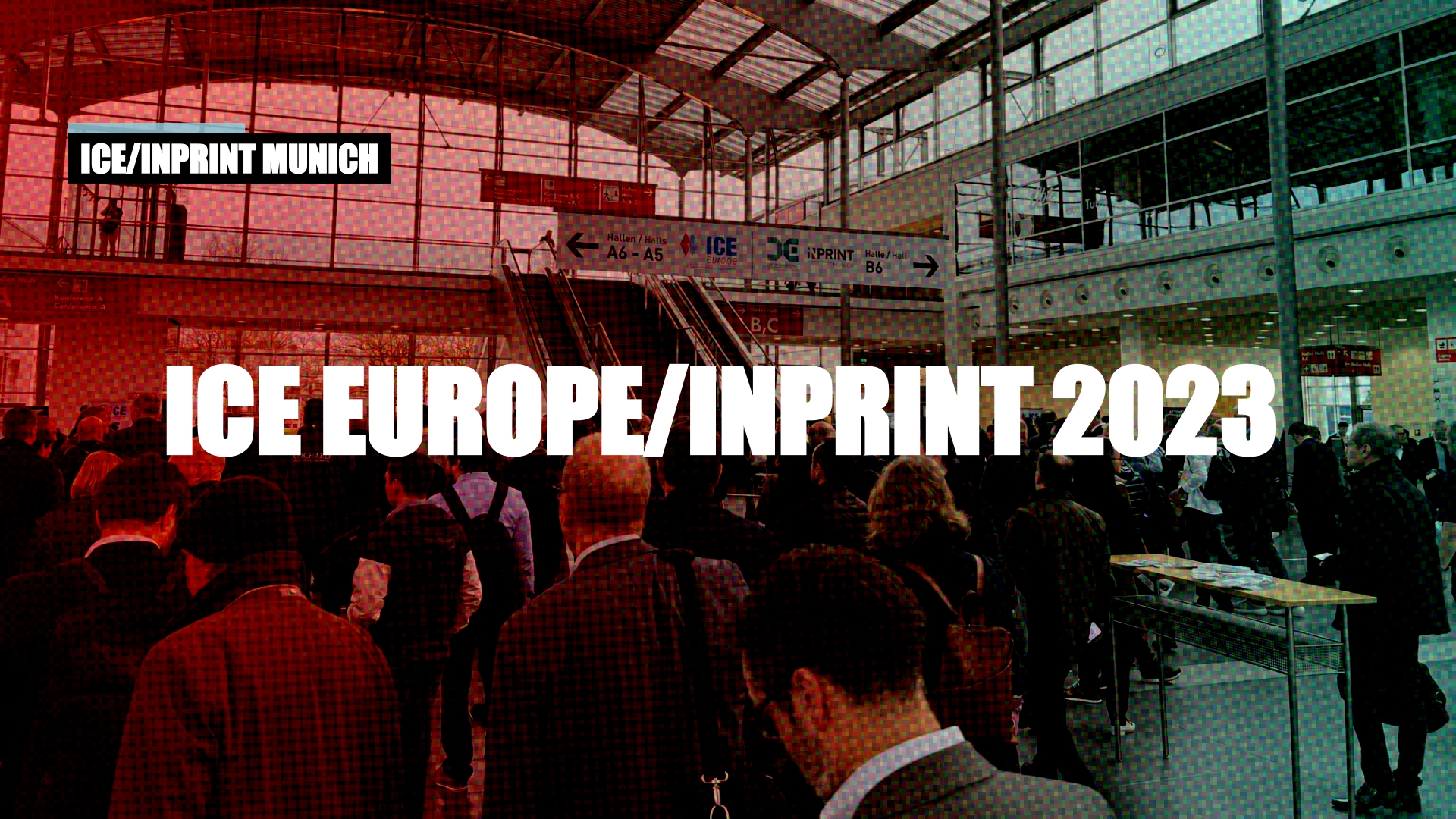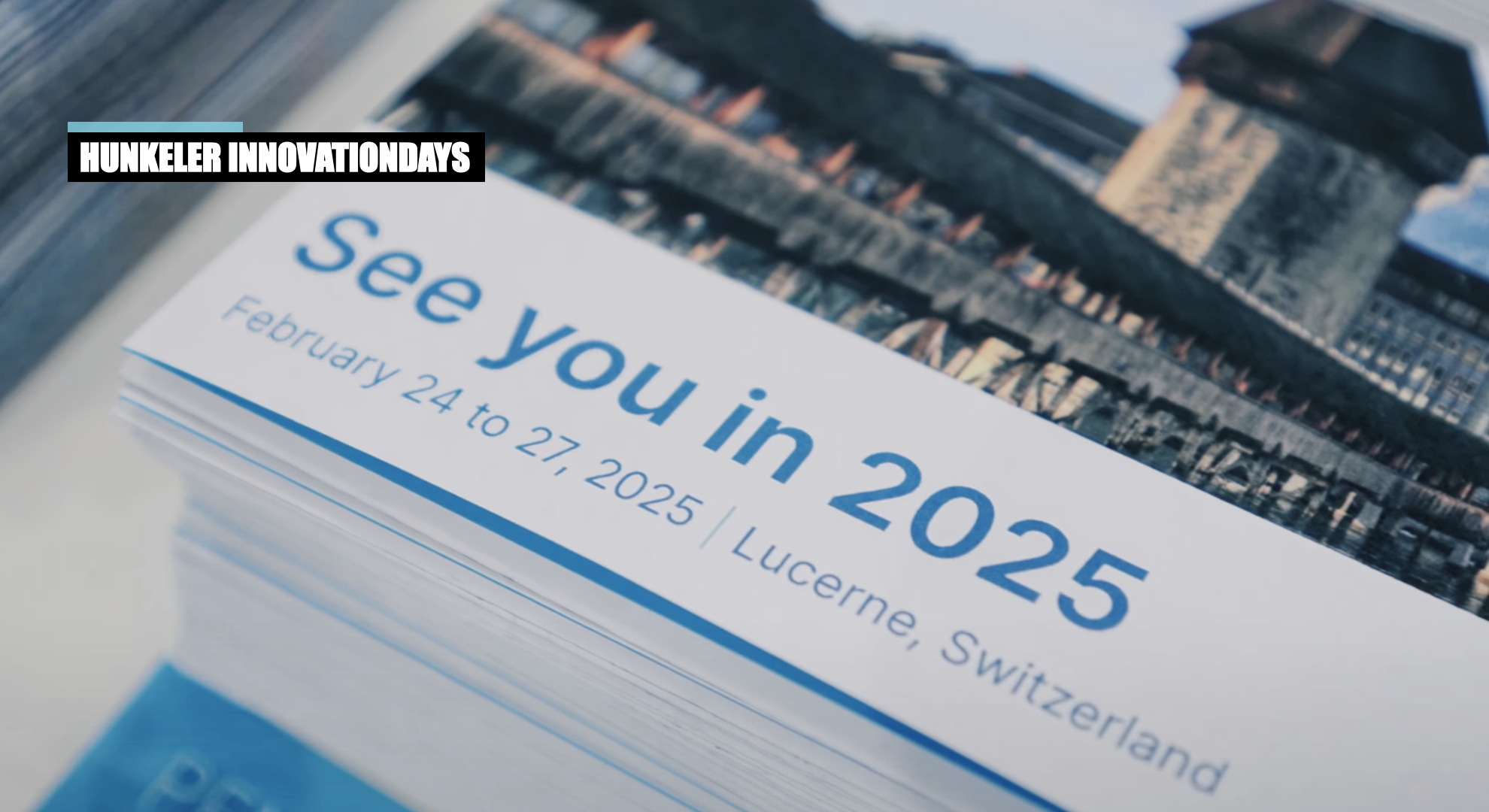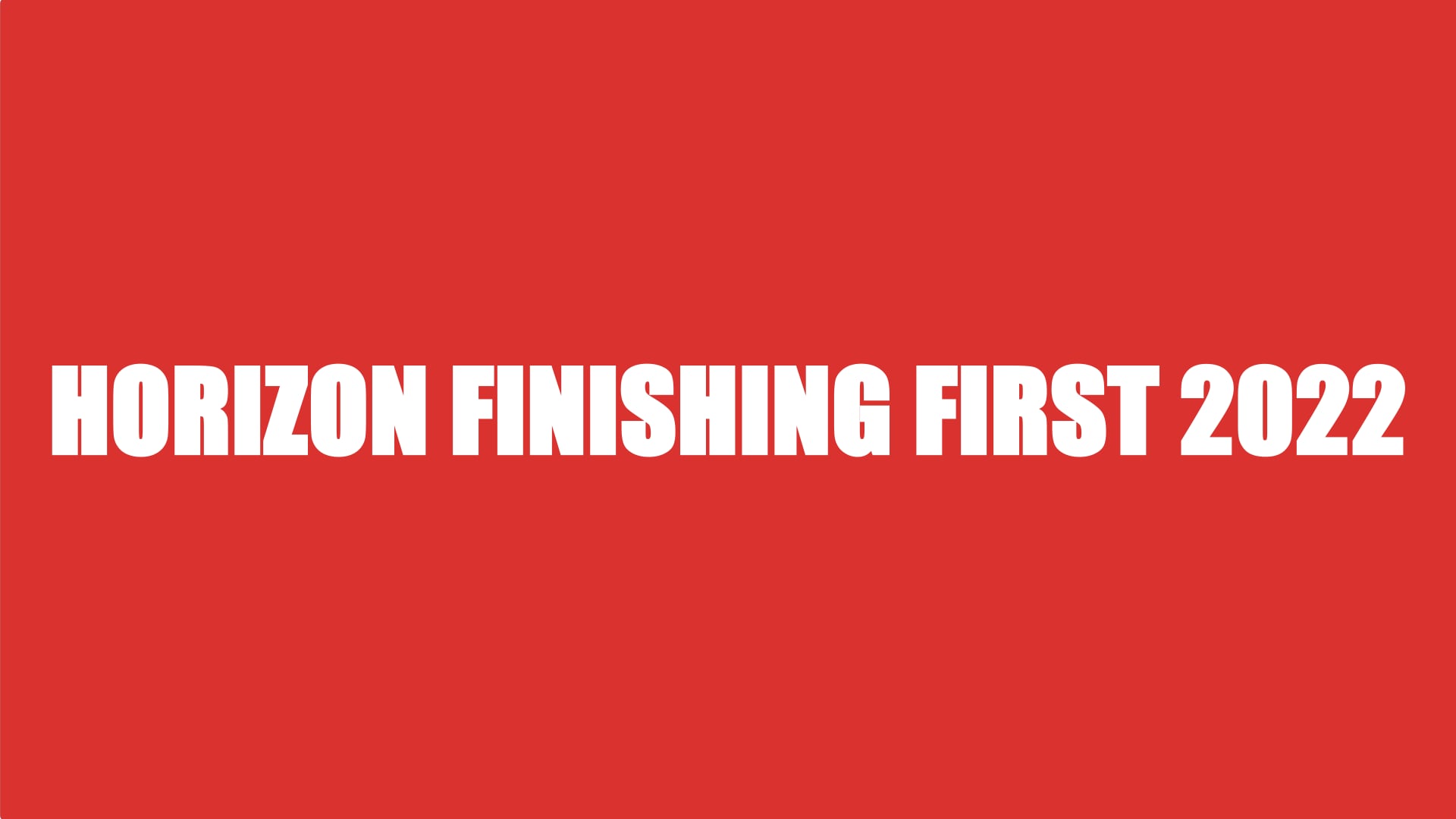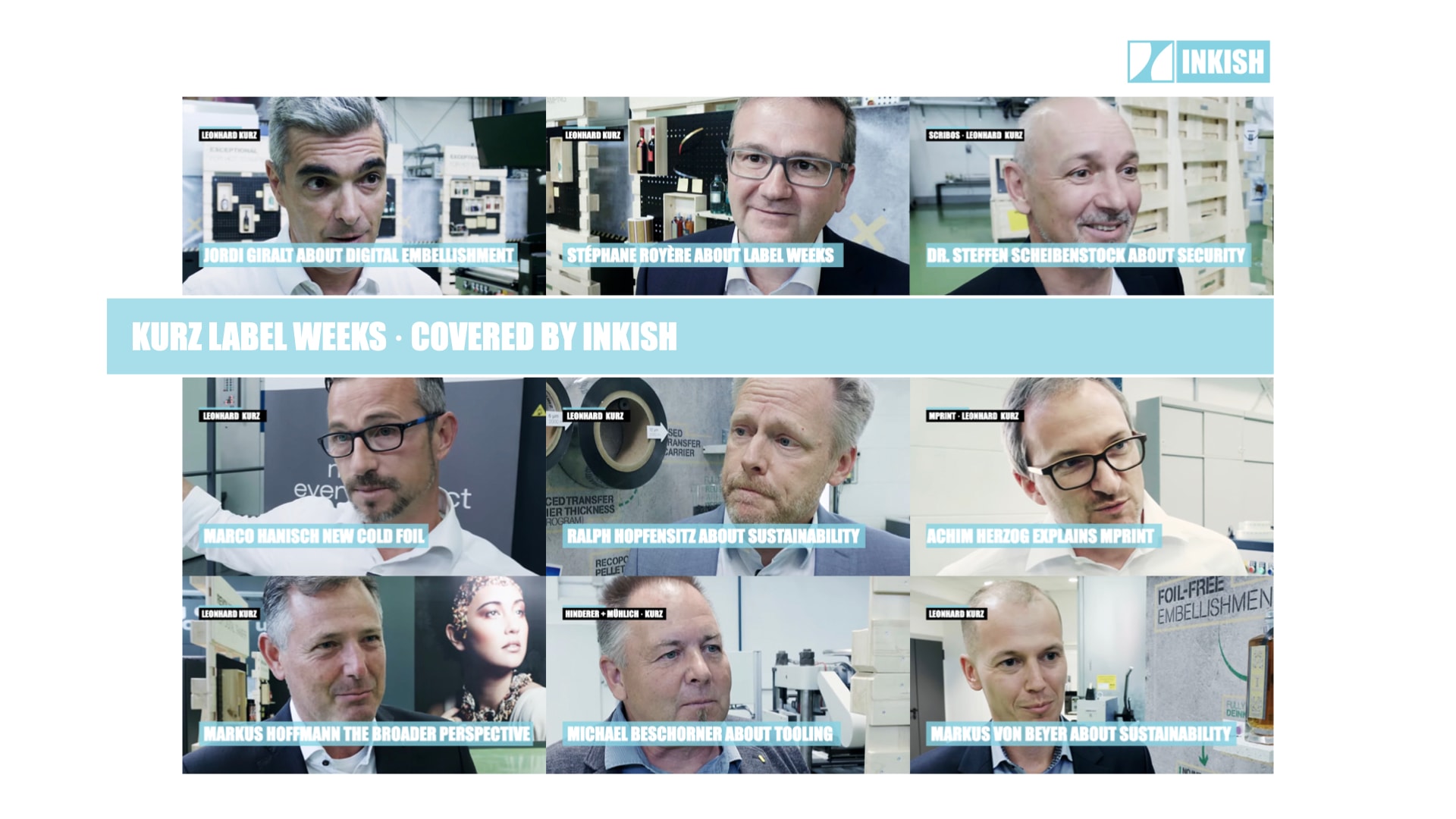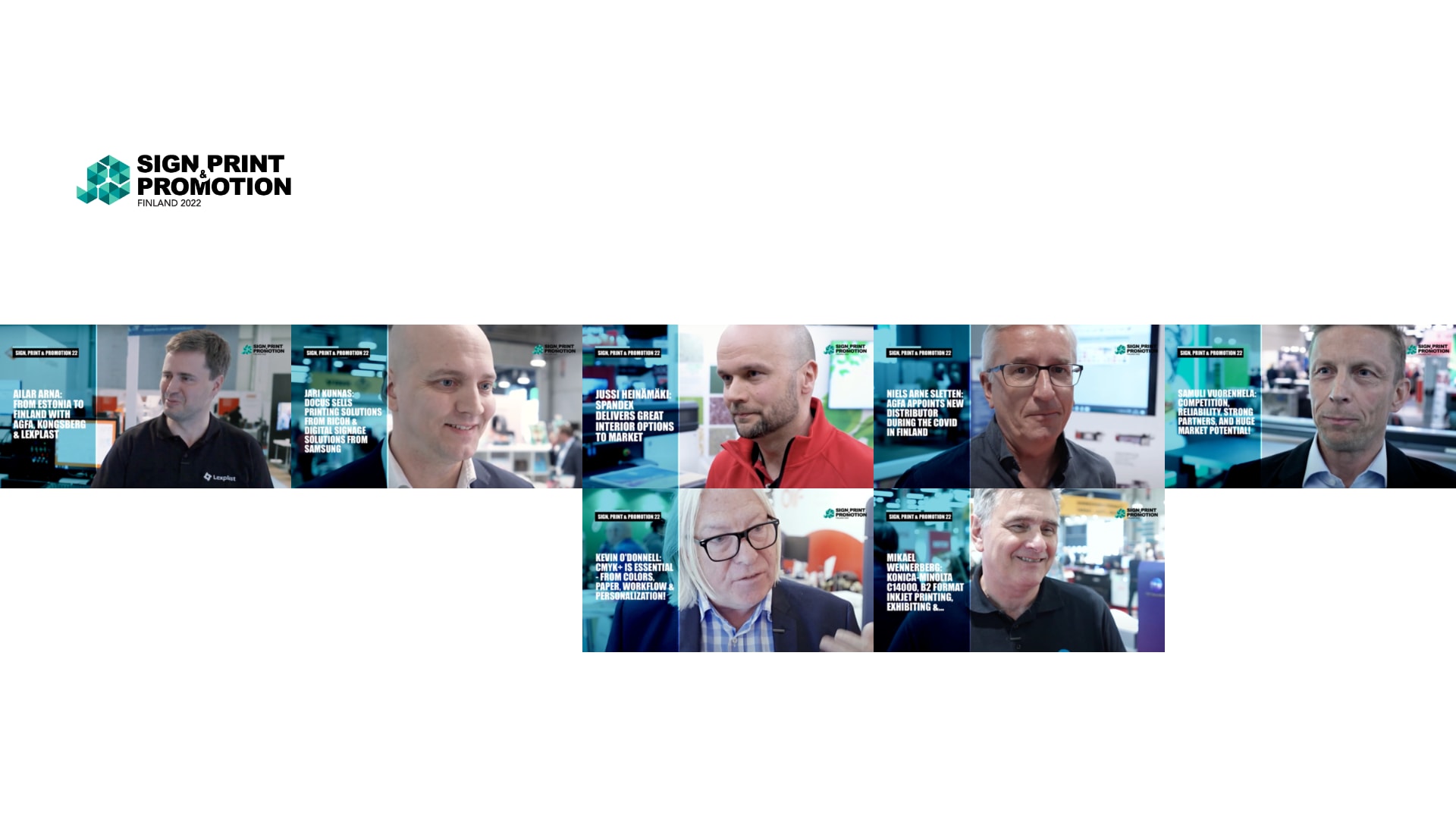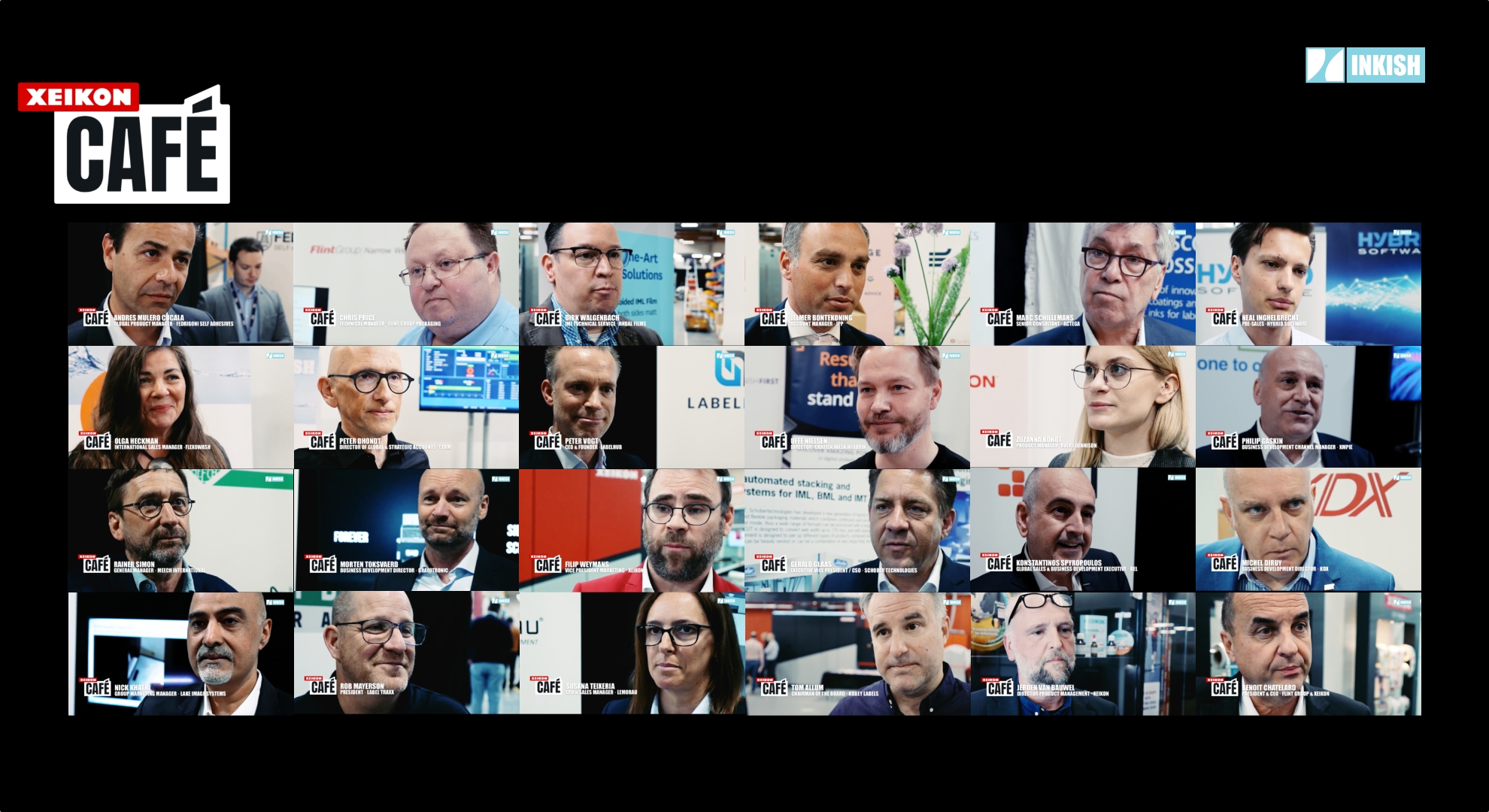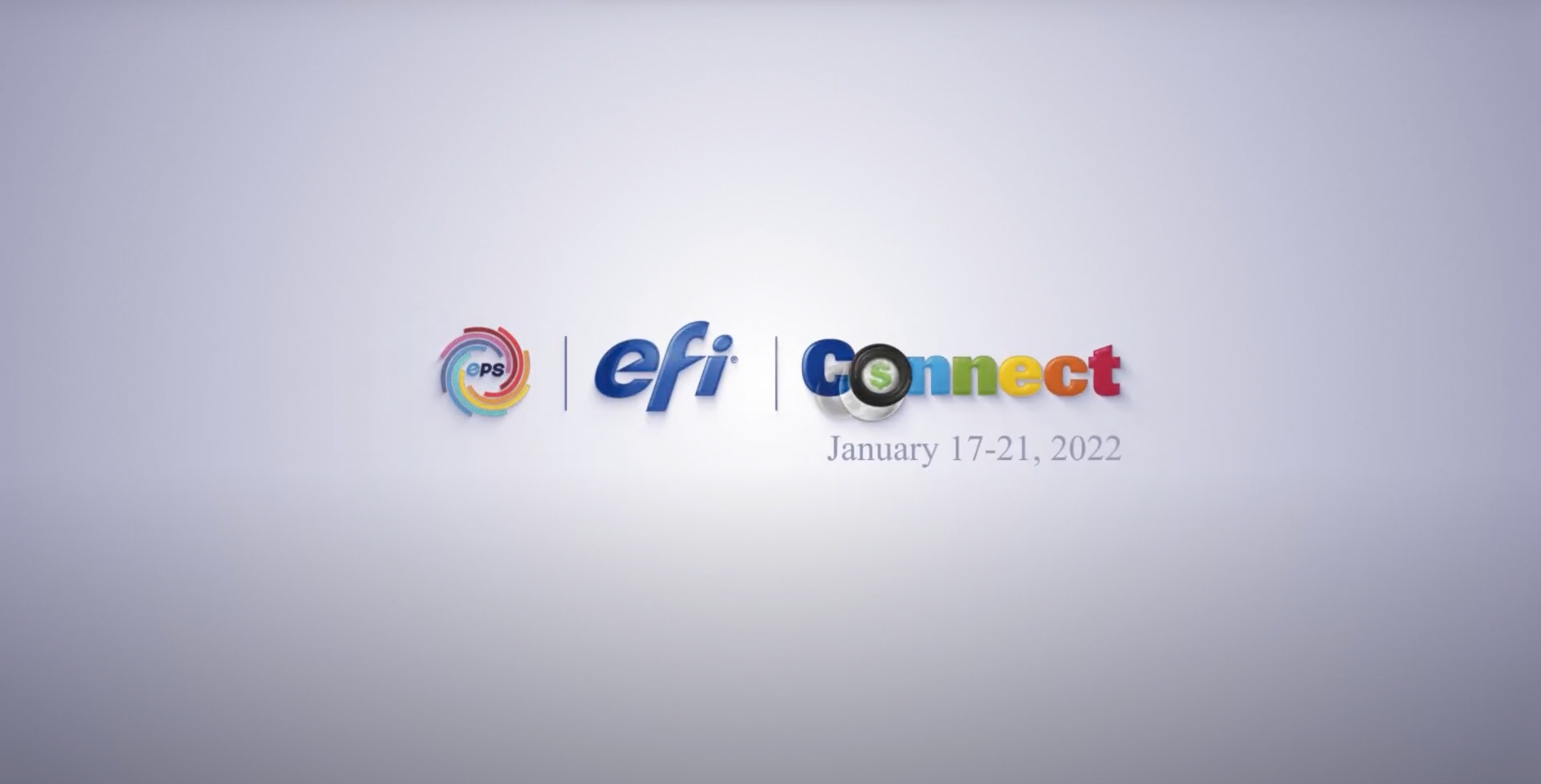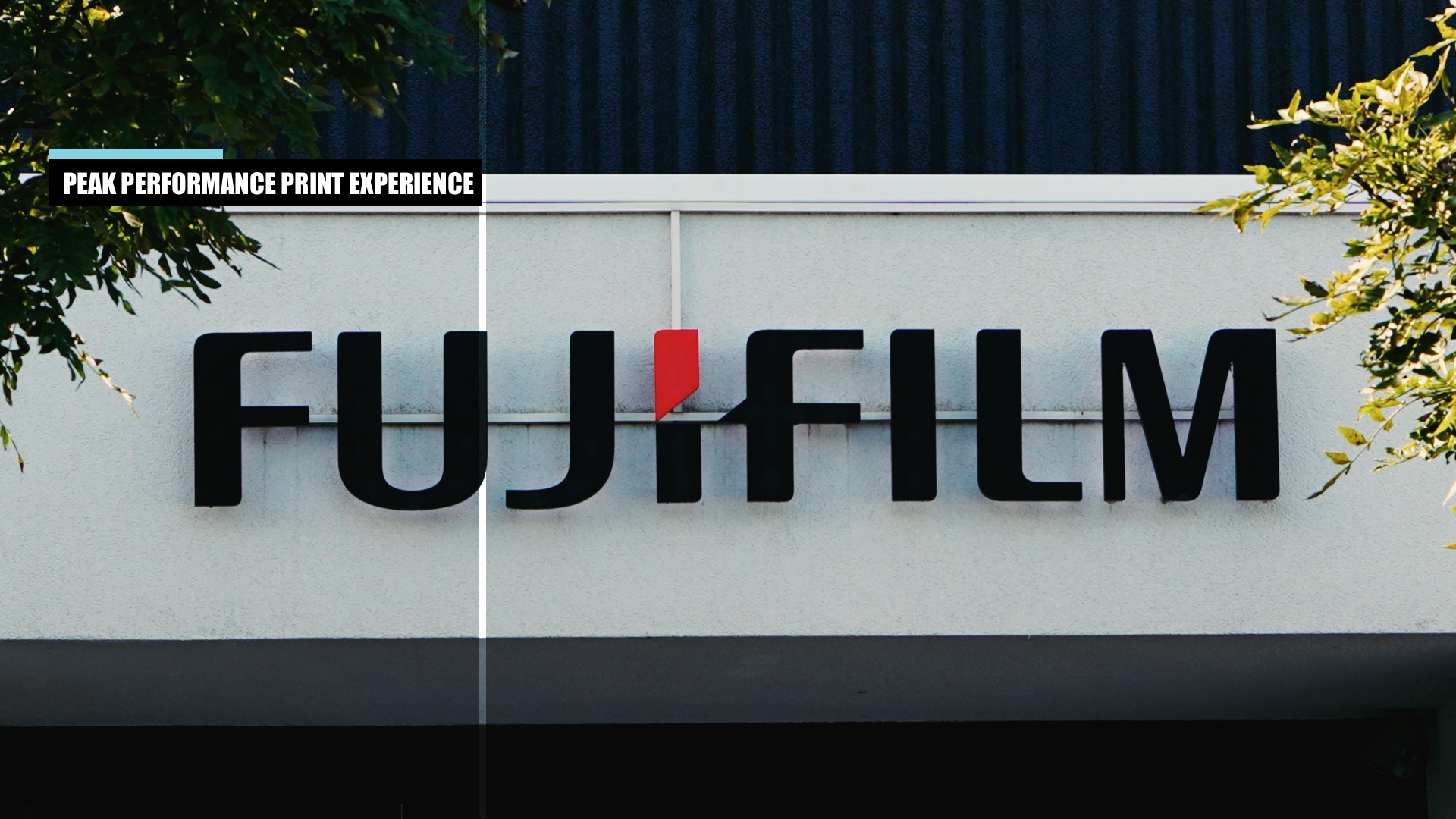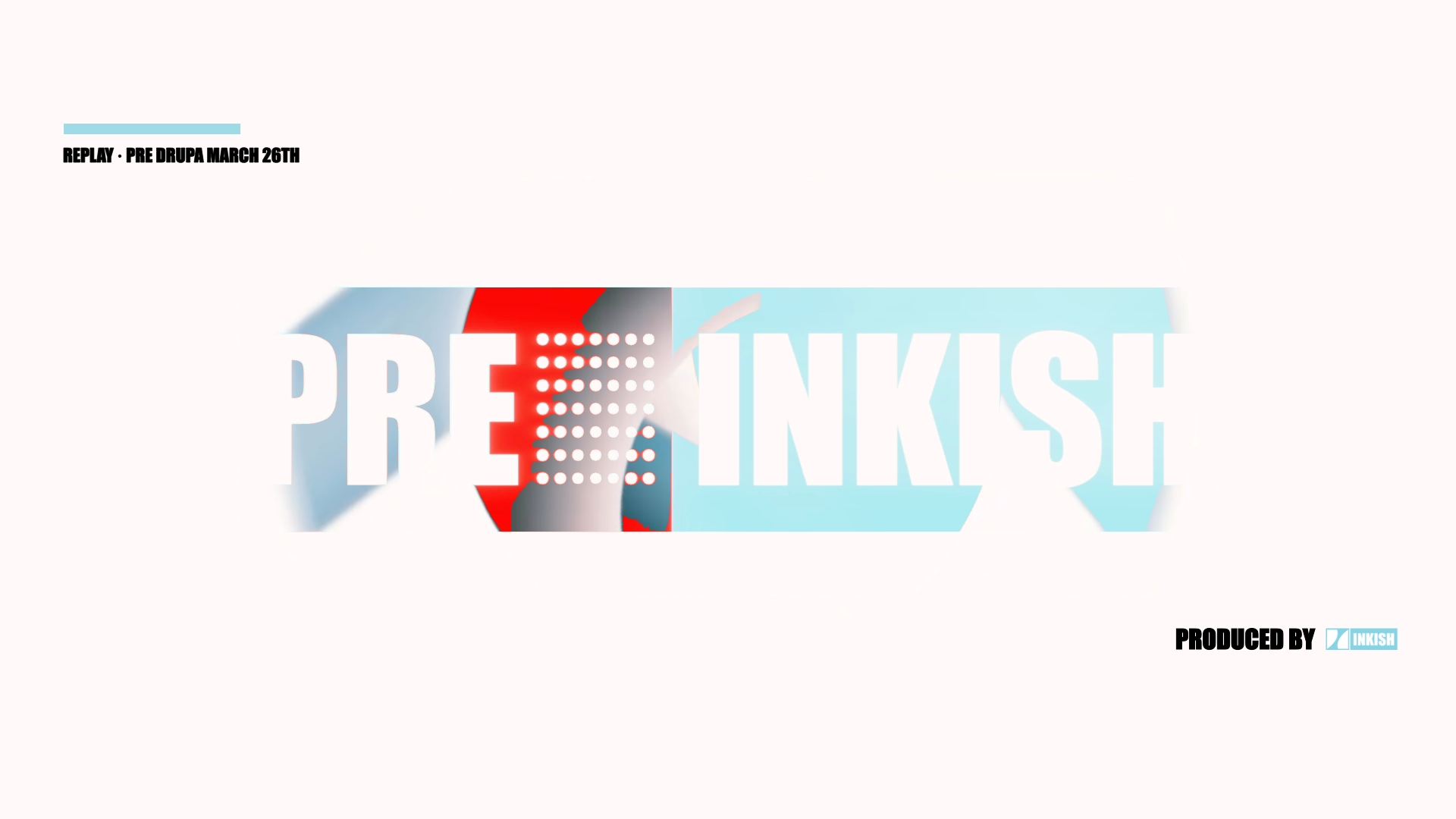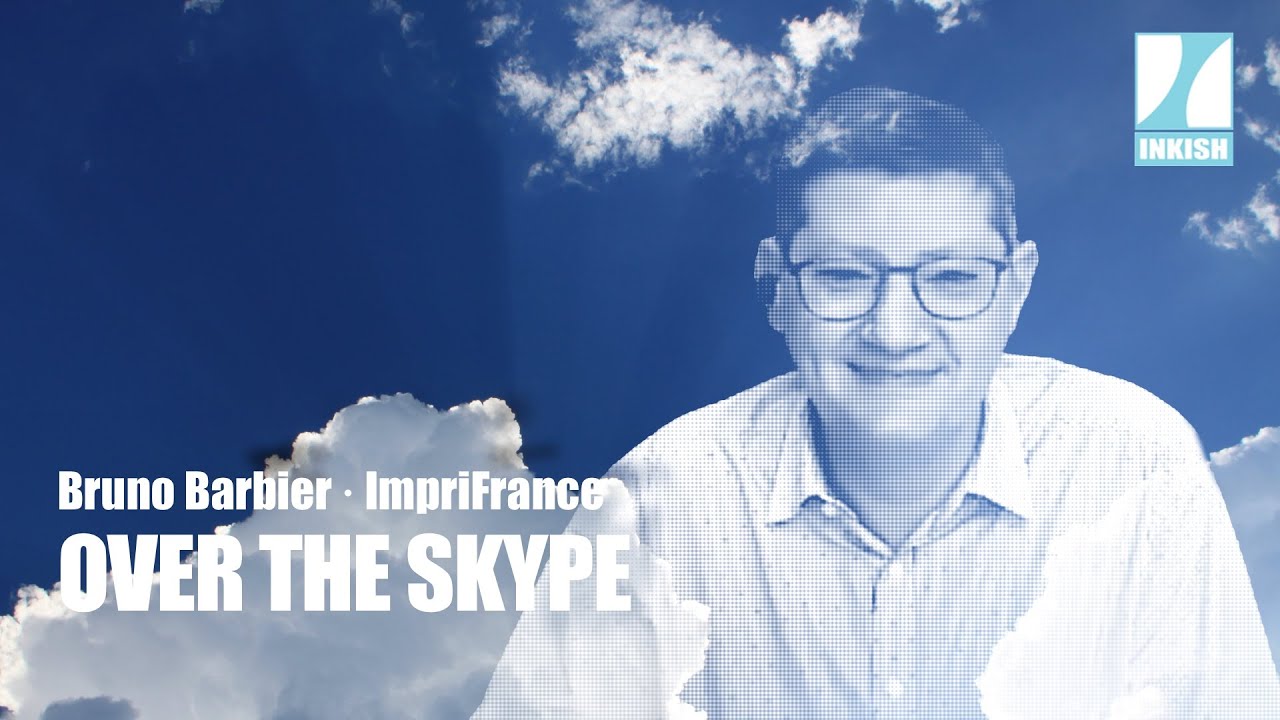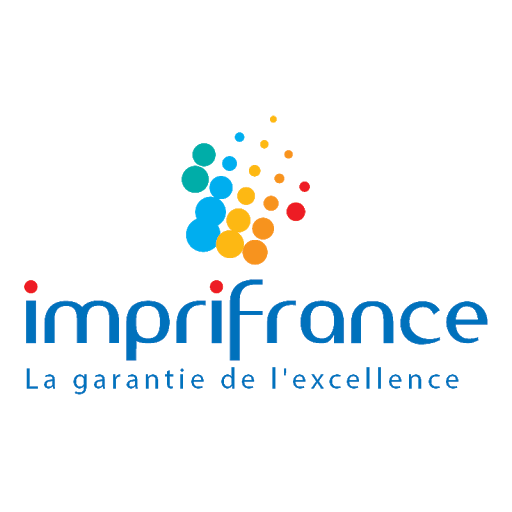Bruno Barbier · Over The Skype · ImpriFrance
This session “Over The Skype” is the opportunity to discover IMPRIFRANCE, a network of independent French printers spread over the whole territory which gathers 68 members including 1 school of graphic and multimedia professions. Bruno Barbier, its president, describes the profiles of the printers within IMPRIFRANCE, how new members are recruited, and the advantages for a printer to be part of such a group. Buno Barbier also presents us with a summary including the update of the Imprifrance.fr website and a brief review of current actions…
This session is also an opportunity to understand, thanks to Bruno Barbier’s analysis, the primary concerns of IMPRIFRANCE printers in this context of health, economic and social crises following the Covid 19 pandemic which is still raging in France, to learn how IMPRIFRANCE, particularly through its collective strategy, its partnerships within the group, provides support and solutions to the network’s business leaders.
Bruno Barbier concludes by giving us his vision of the printing industry with the increasing importance of the cash flow, whether in the short term for the survival of printing companies or in the medium term to relaunch the return to activity once the crisis is over, but also the importance of becoming increasingly agile for these companies, especially to respond to the new behaviors of customers who will emerge from the crisis with an even stronger negotiating power.
This interview is very rich in information as the groups are important today to enable printing companies to respond to the current crisis and the challenges of tomorrow.
So don’t miss this interview and the fascinating analysis of Bruno Barbier!!!
—
Cette session « Over The Skype » est l’opportunité de découvrir IMPRIFRANCE, réseau d’imprimeurs français indépendants répartis sur l’ensemble du territoire qui regroupe 68 adhérents dont 1 école des métiers graphiques et pluri média. Bruno Barbier, son président, nous décrit les profils des imprimeurs au sein d’IMPRIFRANCE, comment se font les recrutements des nouveaux adhérents, et les avantages pour un imprimeur à faire partie d’un tel groupement. Buno Barbier nous présente également un résumé notamment la mise à jour du site Imprifrance.fr et un bref bilan des actions en cours…
Cette session est aussi l’occasion d’appréhender, grâce à l’analyse de Bruno Barbier, les préoccupations premières des imprimeurs IMPRIFRANCE dans ce contexte de crises sanitaire, économique et sociale suite à la pandémie du Covid 19 qui sévit toujours au sein de l’hexagone, d’apprendre comment IMPRIFRANCE, notamment par sa stratégie collective, ses partenariats au sein du groupement, apporte son soutien et des solutions aux chefs d’entreprise du réseau.
Bruno Barbier conclut en nous donnant sa vision de l’imprimerie avec une importance de plus en plus grande de la trésorerie que ce soit à court terme pour la survie des imprimeries ou à moyen terme pour relancer le retour à l’activité une fois la crise passée, mais aussi l’importance de devenir de plus en plus agile pour ces entreprises notamment pour répondre aux nouveaux comportements des clients qui sortiront de la crise avec un pouvoir de négociation encore renforcé.
Cette interview est très riche d’informations tant les groupements sont aujourd’hui importants pour permettre aux imprimeries de répondre à la crise actuelle et aux défis de demain.
Alors, ne manquez pas cette interview et l’analyse passionnante de Bruno Barbier !!!
Hello ! I am delighted to launch a new session Over The Skype with today as guest Mr. Bruno Barbier, who is the president of ImpriFrance, one of the most important group of printing companies in France. I will start right away. Hello Mr. Bruno Barbier!
Hello Yves!
Bruno, could you tell us a few words about you and the ImpriFrance group? First about you, Bruno…
What can I say? I started by studying public accounting and practiced this profession for ten years in a few companies. Afterwards, I did an MBA, and I entered the printing industry in the 2000s, since the Desbouis Grésil printing company was one of my clients. Then we joined forces and the Jénome group – for the printing industry in particular – became part of the ImpriFrance group in 2004. I am married, I am 52 years old, I have two children and I live in the region of Paris.
That’ s perfect. And can you tell us a few words about ImpriFrance, this grouping, its turnover in volume of purchases, the highlights?
ImpriFrance is today 68 shareholders and customers – since I consider that all the companies that make up the group are both customers and shareholders. We represent, I think, around 15% of the market in terms of purchases. Cumulative turnover is 400 million, and there are about 2,400 employees. If you look at the profile of the printers in the group, they are mainly companies with between 20 and 30 employees, with a median turnover of 4 million. In terms of technology, we have offset, digital, and some screen printing. We’re in the packaging and label business, a few pure players, and then it’s POS.
Precisely, I looked at the members within ImpriFrance, the profiles are very different and the sectors of activity are also varied. Can you tell us a few words about how these members are recruited by ImpriFrance?
I would say we have two essential criteria. The first is the leader, his ethics, his motivations and his ability to play as a team. Secondly, we have a second approach that is more related to the company. And there, I would say that there are three criteria that, for me, are essential. First, the financial health of the company: only companies that present a satisfactory financial health, whether in terms of given margins or in terms of equity or debt, should join the group. We look at this aspect. Secondly, one of the essential reasons for joining is the absence of head-on competition with existing companies. One of the principles that has led ImpriFrance for many years is the absence of competition among shareholders or clients, precisely in order to ensure this cohesion and this strong community. Then I would say that, beyond financial health and the absence of competition, it is diversity. For a long time, we stayed with first-round printing companies, and today we want diversity, we want to broaden a little the spectrum that brings together graphic arts companies.
Including industrial printing, for example?
We’ll have to see. Yes, why not? Afterwards, what we also look at is what added value ImpriFrance can have for future clients and shareholders. Because on very important or very structured companies, the added value of ImpriFrance will be very limited.
Are all ImpriFrance members located in France, or do you also have printing companies or members outside of France?
We are exclusively based in France.
All right. Another question: can you give us a brief review of ImpriFrance’s latest actions? I saw, in particular, the launch of your new website.
With the recording and broadcasting on the platform, I will also put the link. A very beautiful site – bravo Bruno Barbier – and also the actions within ImpriFrance. First of all, the update of your new website .
Yes, we decided last year to update this communication tool – and it’s also a prospecting tool, so the primary objective of this site is to generate leads, therefore to find interest among graphic arts companies. Then, it is to give more visibility to the network in ImpriFrance and finally to contribute to the development of the image of our partners. It is a work that was done with the whole communication team of ImpriFrance and that was initiated at the end of 2019 and put online recently after a delay of a few months due to a “small” virus … and not computer that one!
Really, it will complete our interview. The missions, the sales figures, the members and also the questions I ask you, why join… are very clearly put online. What I also like about your website is the approach of being able to find all your members by region or by name, and the simplicity and clarity of your site. Congratulations! Concerning the other current actions of ImpriFrance…
I think it’s also related to the EMP, but we have a lot of tricks on the president that have at least been tried. So here, we are going to organize within the group an intervention by specialists in this scam to raise awareness among company managers and train all those who are in contact with this part of the accounting or administrative departments, so as to make them aware of this approach and to ensure that no member can fall into the trap.
Can you describe a little more precisely the scam to the president?
The scam to the president is someone who, under the seal of confidentiality, will generally lead an accountant to carry out, either on behalf of the president, a transfer abroad as part of an operation, either of external growth, or an operation of purchase of equipment, placed under the seal of confidentiality, sometimes embezzling a few thousand euros, but up to hundreds of thousands of euros. It’s very, very well done and it causes a lot of damage. We have some members who have been exposed to this scam. And the strength of the network is precisely to share this type of information, not only this type of information, but when we are in the presence of a case like this, the strength of the network is at the same time. So we’re going to ask a specialist in these scams within the banks to intervene on our behalf in the regions, with the presidents and with the accountants, to make sure that no company at ImpriFrance is a victim of this scam. It is an important mission for us, at ImpriFrance, to accompany the company manager in his daily operations.
Precisely, that was my question: what are the advantages for a printer to be part of a group like ImpriFrance? You have started to address the subject. Can you elaborate on all the advantages that can be derived from it?
Today, for me, a company that joins ImpriFrance, we are going to bring four added values. The first one is to develop its network, it is sometimes also to share confidential information within the network, to improve the image of its company – because ImpriFrance has a notoriety and a certain strength on the market, and it also allows to rebalance the relations that exist between a small or medium printer and the suppliers. This is the first pillar. The second is to increase its performance, in particular by mutualizing and negotiating prices with suppliers. And here, the service that we provide to all our members is, in my opinion, invaluable, since we give the manager of an SME the opportunity to negotiate with almost all of his suppliers every year. In an SME today, I don’t think there’s any business leader who is able to cover this scope of negotiation. It also means improving performance by sharing best practices. We have diverse and varied skills and experts within each company. It also allows us to exchange a great deal on concepts that are, for some, new and, for others, very well established. Then, it is to develop one’s business, therefore to develop partnerships and alliances within ImpriFrance. And then, I think that the last point is also to enable the manager to refine his vision, to help him see more clearly in his strategy, first of all by developing his strategic skills – we call on experts in strategy, and then to have a technology watch through the days we organize, which are called Innovation Days. During the Covid crisis, we organized with the EMCC, a European coaching and mentoring institute which accompanied free of charge during Covid leaders who were in a difficult situation and who needed, at a given moment, to have an external look to help them to take a step back and to get involved differently in the problem. These are actions that we regularly carry out, just as we have done training and managerial training actions with Krauthammer, which is a rather reputable organization for training and education of leaders.
That is interesting. I see that you often talk about the loneliness of business leaders, and in the actions you take, as you tell us, it is to be able to accompany them, whether in terms of strategy, but also when they have to go through difficult periods, as we have experienced and are still experiencing. I had precisely this question – you answered it in part, I wanted to know if ImpriFrance especially encourages alliances when companies are in competition or partnerships – you spoke to us at the beginning about partnerships when they are not. So you’re more in a partnership approach and you pay attention precisely at the time of joining, if I understand correctly, that the companies are not in competition, to find synergies afterwards within these companies. Precisely, this is a question that often bothered me, for these groupings, the question is often to know – you have partly answered it – are these groupings mainly central purchasing groups or is it, notably to reduce costs, the purchase of raw materials, but it goes beyond that, as you have told us, to accompany the company managers in delicate periods in terms of strategy, but I wanted to know if ImpriFrance also favors a collective strategy for all the companies that are part of this grouping? Does ImpriFrance have a collective strategy between each of its members?
Yes, and for three reasons. First, one of the reasons is a structural reason. Our companies need to offer new products to their customers. In the same way, they need to develop their own experience on a few customers. They can’t be good everywhere, so I think that, in strategic approaches, we have to choose the products we make internally and the products we outsource. Then, there is a cyclical reason today: the health crisis and the decisions it implies could upset the economic balance, especially with partial containment. We’re going to end up with companies that could close and others that could maintain their activity. And here we need alliances and partnerships, so that our clients can always serve them, even if we are closed. I think that today, it is a great strength for ImpriFrance, especially for its shareholders, to have this backup solution all over France, with very different business choices. Secondly, for me, the alliance and partnership approach is also a strategic reason. Because today, these two forms of contracts are extensions of external growth. So we can evolve through external growth, but we can also evolve through alliances and partnerships, and often at much lower costs. All of this is encouraged, it’s carried out, and it’s carried out through projects that bring together a few members – because at 68, we’re not going to be able to model it immediately on this scale. So the idea we’ve adopted is to work by affinity, by clusters, possibly by regions, so that the experience of each and every one benefits everyone, and so that we can develop our businesses little by little. Interesting this notion of clusters and working by regions, closer to customers. The fact, also, that the behavior of your customers is changing … We notice more and more personalization, individualization in the products. Is it precisely this idea of alliance with ImpriFrance and the fact that you can work in a network that allows you to respond to the increasing complexity of what your customers are asking for?
So I would say yes to the paper. So far, we have not had any concrete examples of these notions. Some partnerships or alliances meet the customer’s need for responsiveness, and to outsource complex processes. However, today, with the exception of two or three examples, I have not seen any generalization of this type of partnership. In the future, I think it will develop. Afterwards, I think that the size of the companies that make up ImpriFrance makes it more legitimate today to serve SMEs and ETIs than large accounts.
Very good. I have two final questions. The second last one will be: what are the main concerns of ImpriFrance printing houses today in this situation of health, economic and social crisis? What can you tell us about this?
The first concern is activity, since we are now on a trend of minus 25% activity. With the Covid crisis, we can see that there has been an acceleration in communication habits, in particular a switch to digital even faster than we would have experienced without the Covid crisis. For me, this is already a major concern. The second point will be the human resources aspect. We are still dealing with employees who are in a situation, both financially and intellectually – because there is not always work for everyone, and not always enough work for everyone, and the prospects for the future are relatively uncertain. So there is an anxiety-provoking phenomenon. It’s a question of not making false promises to employees and, for all that, of working with them on how to bounce back – first of all, surviving the storm, then afterwards, how to rebuild. This is also the third point, the future. The impact of the crisis on the economic situation is strong, and I think that a good number of EMPs are time bombs for a certain number of players in the industry and even in the global economy, because it will also weaken our customers. And then there’s going to be a scissor effect between the drop in activity and the level of fixed costs that some companies that were already on the tightrope before the crisis may have. Then I would also say that the third concern for many printers is not to become targets in the context of takeovers.
So my last question is: how do you see the printing industry in the short and medium term?
In the short term printing today, I think the main topic is cash flow. The cash flow, which I hope for most people should have been there before the crisis, but which will be an essential element for the survival of companies…
Cash flow is even more important today, absolutely.
Then, of course, in the short term, printing means finding growth relays and being in a position to generate an activity that at least allows you to maintain your investments… Then what the Covid crisis has also taught me are two things : it is the agility of companies where, at full power or in normal activity, it works because the pace of orders makes it possible to cope with the situation; on the other hand, in periods when activity is much more limited, we still notice that there are a few points of osteoarthritis and a lack of agility on certain points. Then there is the money, too. It certainly needs to be analyzed, rebalanced sometimes – because it is also possible that in the short term, the negotiating power of our clients will strengthen and that some will take advantage of the situation and be obliged to do so in order to survive. In the medium term, as far as I’m concerned, there’s still cash coming back, because if, as I hope, we come out of this crisis alive, we’ll have to finance the return to activity, so we’re going to create an even greater need for cash today. It’s also a concentration of the sector. We have a completely atomized sector. Some companies don’t have the capacity to survive the necessary investments and the evolution of the market. And in this context, for me, it’s about becoming industrialists by developing a customer culture.
Thank you very much. Thank you, Mr. Bruno Barbier, for this interview. You have given us a very nice presentation of this group, but also, you have given us a very nice vision and an important point of the market, of what printing companies are going through today. This really very interesting interview will be on the Inkish platform and also subtitled in the different languages, so that my European and even international colleagues can share with the printing houses of the other continents. Thank you very much for this exchange, Bruno.
Thank you for delivering the message and so much interest in the graphic arts sector. It deserves it, I think, because it is made up of men and women who are passionate about their profession and who want to always give more to their customers and consumers.
Thank you very much and see you soon!
Goodbye, thank you!






















